
THE LEGACY CONTINUES
Dr. Jim Klein’s retirement after a lifelong career in ISLT


Dr. Jim Klein’s retirement after a lifelong career in ISLT
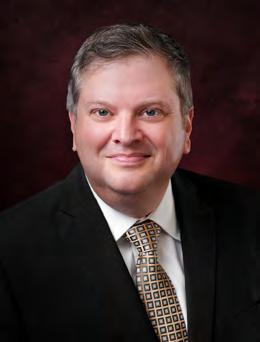
Greetings from the FSU College of Education, Health, and Human Sciences!
As we embark on the commemoration of the 50th anniversary of the Instructional Systems and Learning Technologies (ISLT) Program at Florida State University, it is with great enthusiasm that I invite you to delve into the pages of this special issue of The Torch
ISLT embodies a unique blend of innovation, scholarship, and practical application. Over the past five decades, this program has been at the forefront of transforming education practices, harnessing the power of technology, and enhancing learning outcomes to shape the landscape of education, training, and instructional design.
The ISLT program at FSU was one of the first of its kind, starting from humble beginnings and growing into a program that has been consistently top ranked. Our renowned faculty members have not only shaped the program’s trajectory, but they have been leaders in their fields. This special issue of The Torch recognizes many of the pioneers who laid the foundation for ISLT’s success.
But this magazine and our impending ISLT@50 Conference is not just about looking back; it’s about celebrating the present and envisioning the future. Our students, faculty, and alumni are making a tangible difference by applying ISLT theories and practices in countless different contexts. From groundbreaking research to real-world applications, their work exemplifies the transformative power of education and technology working in harmony to maximize human potential.
While ISLT takes center stage in this issue, it’s important to note that it is just one of the many prominent programs housed within the College of Education, Health, and Human Sciences. With six departments spanning a wide range of disciplines, our programs are not just about academic pursuits; they are about equipping students with the skills, knowledge, and vision to thrive in a rapidly evolving global landscape.
As you peruse these pages, I encourage you to reflect on the enduring impact of ISLT and the collective efforts that have contributed to its excellence. As we celebrate this significant milestone, I extend my heartfelt gratitude to our dedicated faculty, staff, students, alumni, and supporters who have contributed to the success and legacy of the ISLT program and the College at large.
I hope you enjoy this issue of The Torch, and as always, we would love to hear from you. Please send us your news and accomplishments at cehhs@fsu.edu
Sincerely,
Damon P. S. Andrew, Ph.D., FNAK, FNAKHE Dean and Professor
College of Education, Health, and Human Sciences
Florida State University
Damon P. S. Andrew EDITOR-IN-CHIEF Joshua Duke
Duke
Powell
TRAILBLAZING
DR. JIM KLEIN
The Legacy Continues
LEARNING WITHOUT LIMITS
Dr. Bret Staudt Willet Dives Deep into Self-directed Learning
TURNAROUND AFTER COVID
Investigating How Schools Recover from a Pandemic
STUDENT SPOTLIGHTS
Xiaonan Jiang and Vonda Morris
A HISTORY OF DOING GOOD
Alumna Doretta Gordon
A LEGACY OF KINDNESS, COMPASSION, AND COLLABORATION
Remembering Dr. Jeong-Su Kim
SNAPSHOTS
Distinguished Alumni Awards, Scholarship Breakfast, Educator Recognition, Cottingham Colloquium, and Homecoming Tailgate
SCHOLARSHIP AWARDS AND RECIPIENTS
THE EVOLUTION OF FSU’S ISLT PROGRAM
By Melissa PowellSince its humble beginnings in the late 1960s when a motley crew of academics and visionaries came together to launch a pioneering degree program, the Instructional Systems and Learning Technologies (ISLT) program at Florida State University has charted a trajectory marked by innovation and growth. Dean Emerita Marcy Driscoll reflects on the program’s evolution with pride, excitement, and optimism.
As one of the first instructional systems programs established in the U.S., the mission of FSU’s program has been to improve individual learning and enhance organizational performance. At its core, instructional systems are methods and tools designed to make learning more effective.
Meanwhile, learning technologies refer to tools, systems, and platforms that support or enhance the learning process. Learning technologies can be digital resources, computers, software applications, online platforms, or interactive learning environments, among many others.
In the late 1960s, FSU offered a doctoral degree in educational research with a minor in computer-assisted instruction, which laid the foundation for the instructional systems degree program. Then in 1972, FSU became one of the first universities in the world to offer a graduate degree in instructional systems, and many of the biggest names in the field have called it their home.
The program evolved and responded to national trends in learning and technology over time, eventually changing to its current name, “Instructional Systems and Learning Technologies,” in 2013 to reflect the evolution of the field and an increased emphasis on technology.
In its nascent stages, the instructional systems field was propelled forward by the pioneering efforts of scholars like Robert M. Gagné, who, as Driscoll described, “is probably the most prestigious faculty
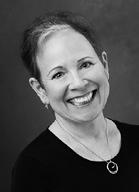 Marcy Driscoll
Marcy Driscoll
Marcy Driscoll has had a profound influence on the College of Education, Health, and Human Sciences. She joined the faculty in 1980 as an assistant professor of Instructional Systems and Educational Psychology in what was then called the Department of Educational Research. She was named chair of the Department of Educational Research in 1996. Under her leadership, the department changed to its current name, the Department of Educational Psychology and Learning Systems, in 2002, coinciding with her appointment as the Leslie J. Briggs Professor of Educational Research.
She served as the College’s associate dean for administration and research before serving as Dean of the College of Education for 13 years. Following a brief retirement, she returned to serve on an interim basis as the College of Education, Health, and Human Sciences’ associate dean for academic services.
member [the College of Education, Health, and Human Sciences] has ever had.” Drawing upon principles of behaviorism — how external factors influence and shape actions and reactions — Gagné explored how instructional approaches could be tailored to individual needs to be more effective. Meanwhile, early practitioners in educational technologies sought to enhance the learning experience with the transformative power of technology.
“ISLT’s foundations are in psychology, business concepts, communication theory, and media. So, it incorporates all of those foundational concepts in one field.”
“In the early years, almost all the faculty came out of psychology, like experimental psychology or cognitive psychology, and two faculty had degrees in educational technology, which was a forbear of instructional systems,” Driscoll said.
The program curriculum was developed by FSU faculty who were leaders in their fields including Gagné, Leslie Briggs, Robert Branson, Walter Dick, and Robert Morgan. The field and program grew rapidly throughout the 1970s and 1980s, which led to the hiring of faculty including Driscoll, Roger Kaufman, Ernest Burkman, John Keller, Robert Reiser, and Walter Wager. Each of the early faculty left indelible marks on the program.
“Bob Morgan, arguably, is the person who established the program,” Driscoll noted.
“He was the leader, he became department chair, and he was the one who then hired other faculty like Robert Gagné.”
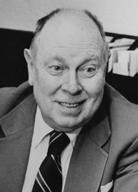
Robert M. Gagné, a longtime ISLT faculty member and pioneer in the field of instructional systems, is credited with helping to pioneer the science of instruction during World War II when he worked with the Army Air Corps training pilots.
“The field was kind of born out of World War II,” noted Driscoll. “They were trying to figure out how you train military personnel to do certain kinds of jobs. The ideas that came out of it were things like job task analysis, and analyzing competencies you have to teach people for them to do certain jobs, which were sort of precursors to the field itself.”
Gagné’s theory of learning emphasizes that different types and levels of learning require specific instructional approaches tailored to individual needs. It focuses on retaining and refining intellectual skills. Originally developed for military training, the theory has since been widely applied across various fields to design effective instruction.
His influence on the field and FSU’s ISLT program is memorialized by the College of Education, Health, and Human Sciences’ Robert M. Gagné Research Awards, given to both students and faculty each year.
As the degree program grew, Morgan began FSU’s Learning Systems Institute, and many of these faculty members led important projects in the new institute, including Gagné, Briggs, Branson, and others. These faculty members then started the Center for Educational Technology, which paved the way for renowned research collaborations and further advancement and prestige for the program.
As Driscoll reflects on the program’s curriculum, she acknowledges the enduring relevance of foundational concepts while also highlighting the program’s responsiveness to emerging trends and paradigms. She notes how technological changes have necessitated adjustments in course offerings and instructional delivery methods.
Since its early days, the ISLT program has strongly emphasized instructional design, emerging technologies, and performance improvement. “They developed the original curriculum based around human learning and the notion that meaningful learning is a permanent change of behavior,” said Driscoll.
“Learning is the most central concept, so theories of learning and how people learn are critical. Then we develop technology because we have a learning problem to solve.”
Early courses in research design, measurement and statistics, learning theory and application, instructional design
models and applications, computerassisted instruction development, and formative evaluation reinforced the program’s emphasis. “Formative evaluation is the idea that a design is never finished,” Driscoll explained. “You have to try it out on real learners and see if it’s working, see if the learning problem is correctly defined, and see whether the solution you designed is going to work.”
Core classes, especially those in learning theory, have changed as psychological frameworks and ideas emerged. Psychological concepts such as behaviorism, cognitivism, social psychology, and constructivism — all various sets of principles used to understand and analyze human behavior and mental processes — drove different approaches to instructional systems over time. Meanwhile, other changes were necessitated out of advancements in technology.
As technology has evolved, so too has the program’s understanding of technology’s role in shaping the learning experience.
“People often get enamored with technologies and think, ‘Wow, have you seen this new program or this new computer? What can we do with it?’ and that’s kind of asking the question backward,” Driscoll said. “The question should be, ‘What problems can this help us solve?’ The learning problems should be driving the use of technology.”
ISLT, appropriately, was one of the first programs at FSU to adopt distance learning when it began developing an online program at the master’s level in 1997. Enrollment for the program skyrocketed. The growth of the online program allowed the department to add faculty and staff positions, which led to the 2003 hire of Mack and Effie Campbell Tyner Distinguished Professor of Education, Educational Psychology & Learning Systems, Vanessa Dennen. Her hire marked a pivotal moment for the program as her leadership and innovative research continue to drive the program’s trajectory. Her research focuses, in part, on online learning, online communities, knowledge networks, and social media use in K-12 education.
“One of the strengths of the ISLT program is that we have strong roots that have allowed us to continue to develop in meaningful ways,” said Dennen. “As the world, the field, and technology have evolved, so have we. Our roots keep us grounded in the theories and concepts
that are critical for excelling as instructional designers and performance technologists, while the faculty who have joined the program more recently have brought an influx of new ideas and interdisciplinary connections.”
Most recently, the program added an online Ed.D. program for scholar-practitioners. “As we’ve graduated students from two cohorts and are about to graduate the third, we’re already seeing the value these students and graduates have brought to the ISLT community, and we’re proud of the difference they’re making in the world,” said Dennen.
As distance learning has grown exponentially, the field of ISLT has expanded its understanding of instructional delivery. Other social foci continue to drive ISLT and its applications.
“Another thing that’s been added, when you look at some of the research our faculty have been doing, is that it’s moved in a much more social direction and understanding,” said Driscoll. For example, faculty research the influence of emotions on learning and the social context of learning.
“If you have underprivileged kids, for example, they might start in a much different place going into an instructional setting than someone from a betteroff situation who already has access to different learning tools,” said Driscoll. “So, we’re beginning to understand that the system is even bigger and more complex.” It was Driscoll’s interest in the interplay of systems, psychology, learning, and real-life
applications that drove her interest in ISLT. Her story begins not with a deliberate plan, but with a serendipitous intersection of interests that paved the way for her entry into the world of ISLT and Florida State.
Driscoll’s path to FSU illuminates a common narrative among ISLT professionals. “I don’t think it’s an unusual story for people who have gotten into ISLT. I didn’t know the field existed when I got a degree in psychology as an undergraduate and did an honors thesis in what was basically educational psychology research,” she said.
It was a chance recommendation from her thesis advisor that led her to the doorstep of the University of Massachusetts in Amherst, where she received an assistantship and ignited a spark that would shape her future endeavors.
“I was always interested in how we use what we know about learning to make teaching, instruction and learning environments better for people,” she said.
“Since I came from a psychology department, my degree is very traditional and research-oriented, but I was always trying to push the envelope to ask, ‘What do we do with this? How do we make this practical?’”
While working for a cognitive psychologist, Driscoll and a research team conducted reaction time studies. “We put two people in front of us and used what, at the time, were wall-sized computers to measure reaction time to recognition of concepts. There was a half-second difference between one group and another, and statistically, it’s significant!” she said. “But what the heck does that mean? How do you use that in classrooms, for example, where a half second is nothing when you’re talking about a school day?”
Her questions brought her to the writing of faculty at Florida State, specifically the writing of Dick and Gagné. “I started doing some work in the summers that would have been in the realm of instructional systems, not really knowing there was a field called that.”
After graduate school, she planned to enter the business sector. “I wanted to develop and design instruction or develop teaching materials or training materials – something that would make a difference in real classrooms with real learners.”
She worked for the National Iranian Radio and Television Network in Tehran, Iran, in the late 1970s to develop a training program. “They were moving in a direction of using radio and television as a means of instructional delivery. Their schools weren’t so good, and there were a lot of rural areas throughout the country, so they felt like that would be a better way of getting a national curriculum out into the public sphere.”
She worked a few consulting jobs and had a role as an instructional development
coordinator. However, she soon discovered that working in the field only led to more questions that only research could answer. It was time to return to academia.
“I now had all these practical problems I had been trying to solve, but I didn’t have all the answers,” she said. “I never really thought I wanted to do research, but now I had a slew of questions and no way of actually doing the research and finding those answers.”
An old friend she worked with in Iran connected Driscoll to FSU’s program in 1980. “He said, ‘You have to apply for this position. They don’t know it yet, but they’re looking for you.’”
Driscoll, like many, found herself at the nexus of a burgeoning field. It was a landscape ripe with possibilities, where theory and practice merged for new ways of thinking about learning and educational instruction.
Even still, the ISLT program, with its foundations in psychology, business, communication, media studies, education, and more, continues to attract students from diverse backgrounds.
“One of the things I’ve always enjoyed is that I get students from all over,” she said. “You get students from teacher preparation, communication, family science, business, psychology, and even marketing. You need to know how people learn to be able to market effectively, right? For example, how do people learn your message?
“It’s always fun to have that broad perspective because I find that students learn from each other as they apply these ideas to their areas of interest.”
Along with the diversity of students, the program is also growing as society rapidly grapples with emergent technology, like artificial intelligence. “We can’t ignore the increased focus on artificial intelligence in the world. We’re all working hard to learn and lead in this area, too, so we can be part of shaping ethical AI practices in learning contexts,” said Dennen.
As Driscoll concludes her reflections, one thing becomes abundantly clear: the journey of ISLT is far from over. With each passing year, the program continues to evolve, guided by a commitment to excellence and a dedication to pushing the boundaries of educational innovation and its diverse foundation. As new challenges, theories, social issues, and technologies emerge, ISLT stands ready to meet them head-on, armed with a rich legacy of expertise and leadership in the field. ■


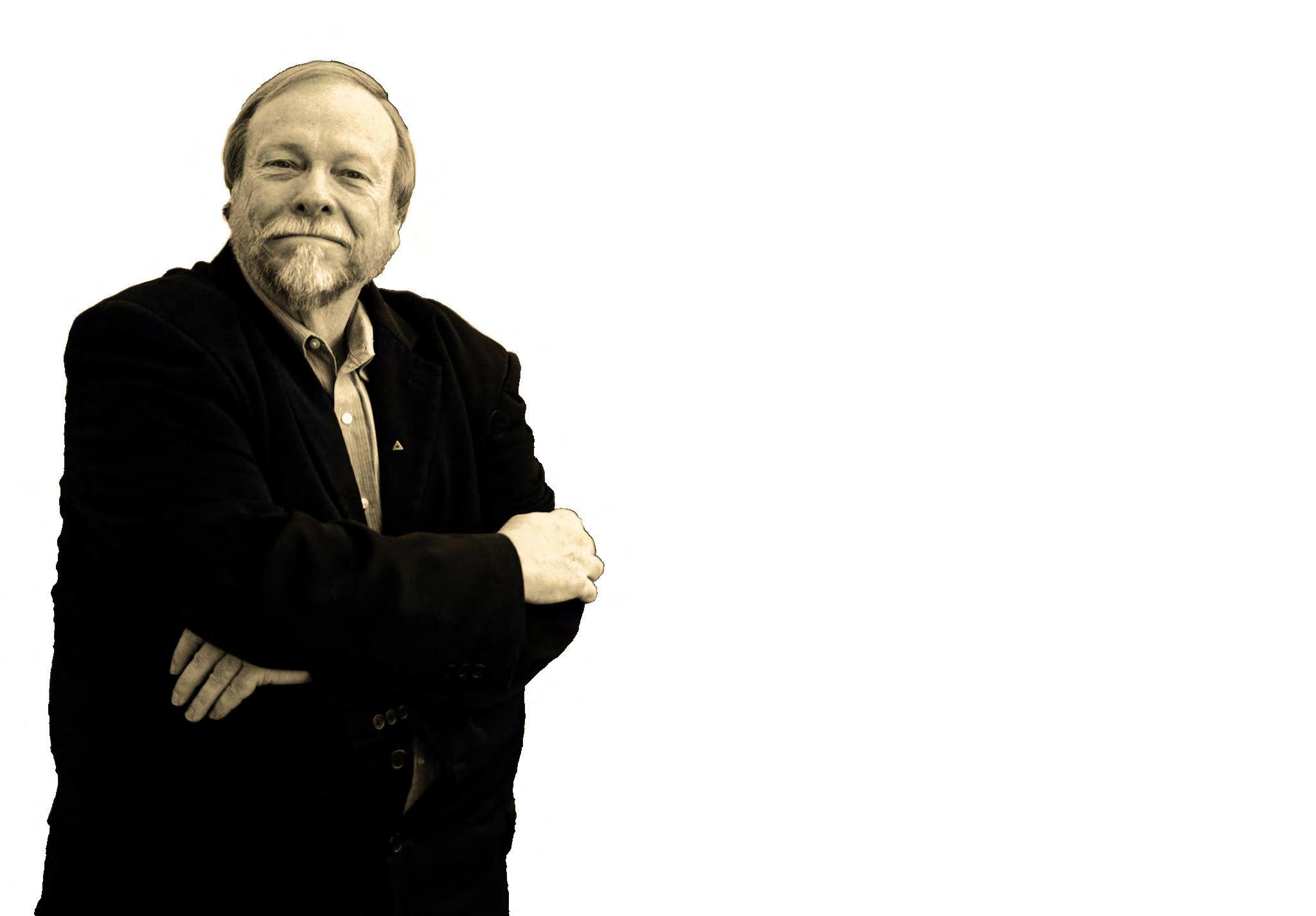


Dr. Jim Klein’s storied career in instructional systems and learning technologies will be remembered for generations to come at Florida State.



The Instructional Systems and Learning Technologies (ISLT) program at FSU has seen some of the biggest names in the field pass through its doors. As one of the first universities to offer a degree in instructional systems, FSU has written the book (sometimes literally) on instructional design, human performance improvement, emerging technologies, and more. However, while every chapter of the FSU ISLT program has pushed the field forward, each chapter must come to an end. For Dr. Jim Klein, the Walter Dick Distinguished Professor of Instructional Systems Design, this year will mark his last with the program before his welldeserved retirement. Still, as he pens the final paragraphs of his storied career, his chapter at Florida State will be remembered for generations to come.
At a glance, it is easy to see just how much of an impact Klein has made both on Florida State University and the field at large. Throughout his career, he has been recognized for his excellence in teaching and research by receiving various prestigious awards. He was selected for the Graduate Teaching Award from the College of Education at FSU in 2019, a testament to his dedication and impact on his students. He also won the Outstanding Research Award from the Division of Organizational Training & Performance of the Association for Educational Communications and Technology (AECT) in 2018, showcasing his contributions to the field of instructional design and human performance improvement. He was honored with a Presidential Service Award from AECT in 2013, the James W. Brown Publication Award from AECT in 2012, the Annual Achievement Award from AECT in 2011, and the Outstanding Service Award from the Research & Theory Division of AECT in 2011, demonstrating his leadership, scholarship, and service to the professional community. Jim’s achievements are remarkable and inspiring, and he has left an indelible mark on the ISLT program and the field at large.
These are a small sample of impressive awards and distinctions earned by Klein over the years. Of course, the accolades follow the work. Again, Klein’s bibliography reflects his prodigious career: three books, 11 chapters, more than 60 refereed journal articles, and too many conference presentations to count. Most of these publications and presentations center around instructional design and performance improvement, topics near and dear to his heart. It was this idea of improvement that started his career.
Klein began his career in a different kind of classroom. He started out as a public school teacher in Palm Beach County, Florida. As much as he enjoyed teaching fourth and fifth grade, he felt frustrated by the restrictions he faced as a teacher. “I didn’t have a lot of freedom to do the things that I wanted to do, and everybody was always telling me what to do,” Klein said. Not wanting to leave education entirely, he decided to earn a Ph.D. to teach teachers how to perform better.
How to do that, however, was another question entirely. Even after Klein and his wife Jayne quit their jobs and moved to Tallahassee, he did not know exactly what program would make his dream a reality. He spent the summer of 1983 touring programs at FSU, talking to people, and eventually meeting Dr. Robert Reiser — a legend in his own right both at FSU and in the field of instructional systems. Reiser, who retired in 2021 from FSU, enthusiastically pitched Klein on the idea of a Ph.D. in instructional systems, a field Klein had never heard of before.
“A former student used to say that nobody grows up wanting to be an instructional designer,” Klein joked. “Nobody knows what we are!” However, Reiser explained to him that instructional design combines educational psychology, communications, and instruction, all three areas that Klein found himself interested in. As he began his studies, however, he encountered a problem: he was still thinking like a teacher. During his master’s oral examination, Klein recalled that FSU professor and instructional systems luminary Dr. Walter Dick challenged him. “I remember him saying, ‘you’re still thinking like an elementary school teacher. You’re not thinking like a systems person. You should consider whether or not you want to get a Ph.D. in this field.’”
This comment served as a wake-up call for Klein. He spent some time considering Dick’s words and ultimately decided to earn his Ph.D. Dick challenged him to “think beyond the way I was thinking,” and Klein returned reinvigorated. Aligning his passion to his studies paid off, and Klein flourished, earning both the Gagné-Briggs Outstanding Doctoral Student Award from the program and the Outstanding Journal Article Award from AECT in 1988.
After earning his Ph.D., Klein thought he would finally be able to accomplish his goal of teaching teachers. “I had this expectation that I would end up in a small New England school. Of course, I ended up finding out that being a faculty member was more than being a teacher.” Klein became involved in research and publishing, earning early accolades and recognition to the point where he decided to apply for a faculty job at Arizona State University, widely regarded as another leader in the field.
Klein accepted a tenure-track position at ASU and he and his wife moved to Tempe, Arizona, for what they expected to be a few years. “I thought to myself, I could spend three to five years anywhere. Well, we spent 23 years in Tempe,” Klein laughed. He advanced through the ranks of professor over the course of those two decades, becoming a reputable name in the field of instructional design.
Despite his personal success, changes at ASU led Klein to seek opportunities elsewhere. At an American Educational Research Association (AERA) conference, he sat down to dinner with Marcy Driscoll, who served as dean of FSU’s College of Education. A few years prior, Klein had recruited Driscoll to come to ASU, which she


had done for a year. Now, it was Driscoll’s turn. When he asked if there was an opportunity to return to FSU, the dean jumped at the chance.
“The program had lost key expertise in some of the most foundational concepts of our field, and having Jim would bring back that knowledge,” said Driscoll. After all, Klein had learned from some of the preeminent scholars in the field like Walter Dick, Robert Gagné, and Roger Kaufman, who had all retired or had passed away.
Klein accepted the position and was delighted to discover that he was to be named a distinguished professor. Driscoll gave him the opportunity to pick a person to honor in his title, and the first person to come to his mind was the man who had challenged him all those years ago: Dr. Walter Dick.
Back at FSU, Klein saw an opportunity to modernize his beloved ISLT program. Working with Dean Driscoll, he wanted to honor the legacy of some of the instructional design greats while also realizing it might be time to move on from the “old white guys,” in Klein’s words. In his mind, Klein saw an opportunity to think ahead and imagine what the program could look like in five to 10 years. The program underwent a name change and a substantial curriculum rework to help students feel better prepared when they graduated.
The changes paid off, and the program has flourished over the last few years. Faculty became more diverse, student enrollment increased, and in Klein’s estimation, the program returned to the great heights it had achieved in the ‘70s and ‘80s. He refuses to take the credit for this turnaround, however. In his opinion, credit
“ His success and distinction as a faculty member in the instructional systems field speaks for itself. He became an outstanding researcher and one who mentored many students in research throughout his career. But he also continued to be a superb teacher, and I have always greatly respected him for that.”

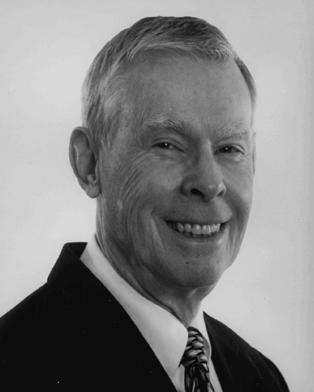

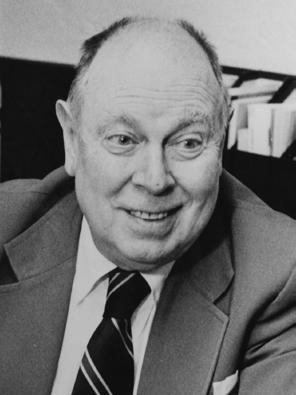



 Marcy Driscoll Dean Emerita and Leslie J. Briggs Professor
Walter Dick, Robert Gagné, Robert Reiser, and Roger Kaufman
Marcy Driscoll Dean Emerita and Leslie J. Briggs Professor
Walter Dick, Robert Gagné, Robert Reiser, and Roger Kaufman
belongs to his colleague and current program leader, Dr. Vanessa Dennen, who is the Mack and Effie Campbell Tyner Endowed Professor.
If there is one thing Klein wants to be remembered for, it is his interactions with people. Whether it’s working with Dennen to grow the program, with Driscoll to revise the strategic plan, with doctoral students on their committees, or with his research community to advance knowledge in the field, it is easy to say that he has achieved a tremendous amount of success in this regard. Reflecting on his own story, he realizes just how much interactions have influenced his life.
From Dr. Robert Gagné, Klein says he gained a deeper understanding of human learning from a cognitive perspective. Dr. Roger Kaufman turned him into a macro thinker — “the notion that it’s not just about designing instruction; it’s about improving performance and looking at systems, that we need to pay more attention to the outcomes than we do about the processes.” Dr. Walter Dick taught him about instructional design and systems thinking. Dr. Robert Reiser taught him how to write, especially technical and research writing. Dr. Marcy Driscoll taught him about alternative views, constructivism, and qualitative research. “These
Jim will be greatly missed by the ISLT program. He’s been such a popular doctoral advisor and committee member because of his great ability to balance academic rigor with interpersonal kindness. He genuinely cares about our students as people and as scholars, which shows in all of his interactions. He’s also been an invaluable part of our faculty family.
“ “
Personally, I will miss having Jim as an integral player across all of the ISLT program tasks and committees. We’ve long joked about being ISLT’s Mom and Dad. I’ve benefitted greatly from his friendship and mentorship, and fortunately friendship
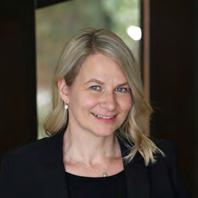

Jim was the department chair when I interviewed for an Assistant Professor position at FSU. He asked me a question about my mentorship style, and after I responded, he followed up with a story of his own — an example that highlighted the complexity and difficulty of being a good mentor to students. That was quintessential Jim: personable, open, vulnerable, and insightful. Through my first three years on the tenure track, Jim has kept me going. He regularly makes a point to pause and ask how I’m doing — me, not my work. I am so grateful to call him colleague, mentor, and friend. I can’t imagine FSU without him.”

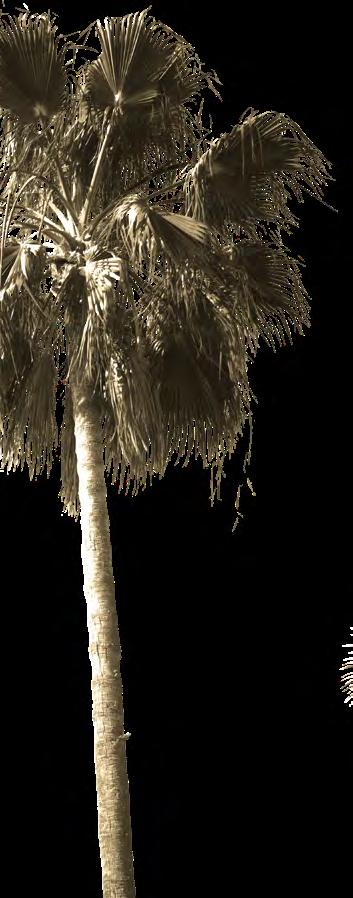

 Vanessa Dennen Mack and Effie Campbell Tyner Endowed Professor
Vanessa Dennen Mack and Effie Campbell Tyner Endowed Professor
In turn, Klein passed those skills on to the next generation of students. While Klein started his career wanting to teach teachers, his research became broader than his initial goal; however, when looking at the number of students and colleagues Klein worked with, it is undeniable that he has made an impact that stretches far beyond the field and well into classrooms, Fortune 500 companies, government agencies, the military, and more. During his career in higher education, he served as the chair or co-chair of nearly 50 doctoral students’ dissertation committees and was a member on another 50 doctoral students’ committees, to say nothing of the 100 master’s students he worked with on their committees. If the
During his retirement, Klein and his wife plan to move closer to their grandchildren and to travel. Ever the scholar, he also wants to work on a book geared towards parents and teachers that provides a basic systems approach to teaching children. The inspiration came from a place near and dear to his heart: “I noticed my daughter is very creative about finding and creating activities for her children to learn, and so I thought to myself, wouldn’t it be cool to maybe work with her and come up with a blog or a YouTube channel to help parents interested in helping their kids learn?”
Regardless of what retirement looks like for Dr. Jim Klein, one thing is certain: his presence will be felt by the ISLT program, his colleagues, and the college for years and years to come. ■

“
Jim enjoys two of life’s greatest adventures: travel and food. And I have always enjoyed listening to his fun stories over meals or a cup of coffee. As he embarks on this new chapter of life, I hope that his days are filled with endless discovery and joy. May he find himself on the most beautiful beaches, in the coziest
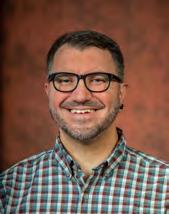

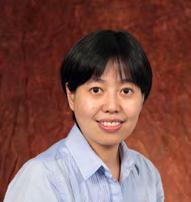

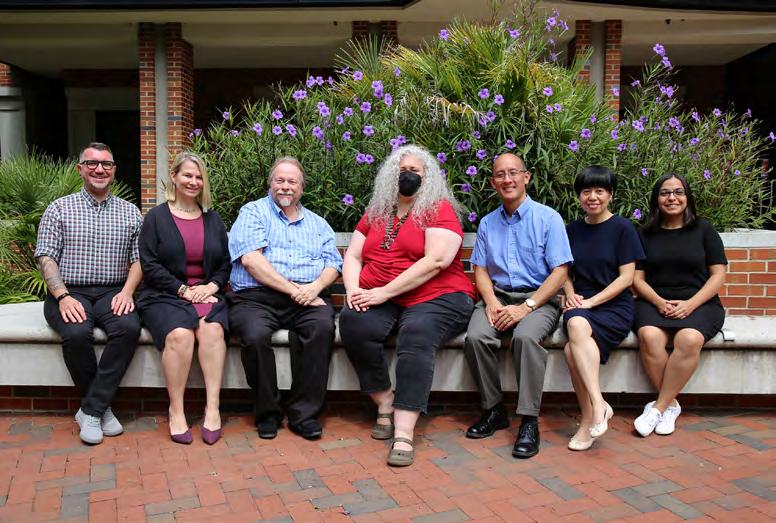
 Fengfeng Ke Professor
Bret Staudt Willet Assistant Professor
Fengfeng Ke Professor
Bret Staudt Willet Assistant Professor
Bret Staudt Willet dives deep into self-directed learning, exploring how individuals navigate their education and accumulate skills independently.
In the dynamic world of education, learning doesn’t always stop when the classroom door closes or the webinar ends. With the advent of new technologies, more and more adults seek their own self-guided education.
Assistant Professor of Instructional Systems & Learning Technologies Bret Staudt Willet dives deep into self-directed learning, exploring how individuals navigate their education and accumulate skills independently.
Self-directed learning is a subset of informal learning focused on self-teaching, self-paced learning, and self-guided discovery. Informal learning is any education or learning that occurs outside of a classroom or formal workshop setting.
“I find self-directed learning to be particularly fascinating because it’s how people figure things out on their own,” said Staudt Willet.
“What happens when people leave the classroom? What do they go to next? How do they figure out how to put concepts into practice?”
Self-directed learning holds particular relevance among adults. They chart their own paths, paces, and methods of learning, then apply their knowledge and skills in their work environments.
Staudt Willet’s research focuses in part on self-directed learning among teachers and educators, since teaching is a career that demands constant adaptation. “It’s impossible to keep up with the pace of new things in the world, even though some of the best practices for teaching remain consistent,” he added.
Previous research has shown that teachers — faced with ever-changing policies, curricula, and technologies — often find traditional professional development workshops
underwhelming. “Teachers find these workshops lacking in relevance and design, leading them to seek out self-directed learning opportunities,” said Staudt Willet.
With educational tools and practices rapidly evolving, teachers are constantly challenged to stay current, especially with the advent of generative AI.
“It seems like, by the time you plan out a workshop, there will already be a new tool, a new update, a new set of issues,” he said. “High school teachers, for example, are suddenly having to ramp up their digital literacy skills and redesign assessments so that students aren’t cheating and generating essays.”
Staudt Willet’s work underscores the need for personalized, self-directed approaches to professional development, empowering educators to take ownership of their learning journey and stay updated with the latest educational trends and practices.
So, what exactly are teachers doing to develop their knowledge and skills independently?
“Social media has become a powerful platform for educators to share ideas, resources, and insights,” said Staudt Willet. “It serves as a virtual community where educators can connect and collaborate, enhancing their professional growth and development.”
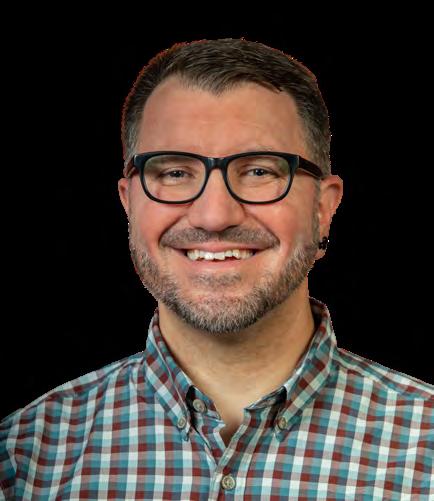
Leveraging tools in educational data science, Staudt Willet collected nearly 15 years of data from X (formerly Twitter) analyzing the use of #Edchat, the oldest and largest education hashtag. Similar research investigated Reddit, specifically the r/Teachers subreddit.
Staudt Willet identified these digital platforms as affinity spaces. “It’s this idea that people with shared interests have come together consistently over the years to ask questions, connect with people, and participate in whatever ways they want. They’re selfdirecting their participation in that space.”
By analyzing millions of posts on X and Reddit, Staudt Willet has uncovered trends in educational discourse and usage rates of these social media platforms for educational conversations.
Staudt Willet’s research spans from macro to micro, from analyzing more than a decade of social media data to studying five new teachers in their first or second year of teaching. Through interviews and diaries, his research sheds light on how teachers use social media for professional learning and incorporate new skills or information into their lesson plans. These activities showcase the practical impact of self-directed learning.
In addition to social media, Staudt Willet explores video games as a model for self-directed learning. Specifically, how people figure out arbitrary sets of rules, boundaries and controls to achieve an outcome in a video game.
“I think any decent game isn’t assuming that you read the instruction manual,” said Staudt Willet. “It’s going to help you learn things along the way.”
tried to push the boundaries of what was allowed and not allowed,” said Staudt Willet. “That’s a great example of autonomous self-directed learning.”
This approach can be applied to formal education settings, he says, where problem-based learning scenarios can help students develop their skills and knowledge incrementally. Games also demonstrate the concept of “leveling up,” where players take on more complex challenges as they improve, mirroring the idea of continuous growth in learning.
“The idea of constant growth and progress is a pretty good model for how formal learning can happen,” said Staudt Willet.

Games provide a structured environment where players can learn through exploration and trial and error. Many in-game tutorials guide players through challenges without explicit instructions. For example, learning how to jump or pick up items in a game.
“You did that by trying different things. You pressed different buttons, you moved in different ways, you
“I’m interested in what games and simulations can model in those ways — that self-discovery and that guided, scaffolded way of providing resources along the way.”

Staudt Willet says he entered the field of instructional systems and learning technologies by way of game design, game-based learning, and simulations.
“In my first career out of undergrad, I was doing a lot of public speaking. I was designing workshops for leadership and skill development, and basically got to a point where I was tired of hearing myself talk,” he laughed. In brainstorming more effective ways to facilitate learning, Staudt Willet recalled a transformative management training he had undergone, which utilized an immersive eighthour simulation to teach skills in team building and personnel management.
Overall, his desire to find innovative and engaging methods to help people learn was born out of his own experiences as a student. “I feel like I’ve always been a restless student,” Staudt Willet said. “I’ve always found my interest and curiosity wandering, taking me in different directions than where I was supposed to be going or where the lesson plan was going.”
And that curiosity remains a driving force behind his career. “I feel like I can satisfy my curiosity
professionally just because there’s always going to be something new, which right now happens to be AI,” he added. “I feel like every journal in our field has had a special issue call for proposals in the last year for something related to AI and education.”
Exploring emerging technologies and how new technologies, such as AI, necessitate self-directed learning is a continuous path of future research for Staudt Willet.
As he continues to unravel the mysteries of selfdirected learning, the world of education benefits from a deeper understanding of how individuals learn, grow, and adapt in an ever-changing world. And with his own passion for self-directed learning driving his interest, Staudt Willet will undoubtedly continue enriching the conversation about learning for years to come. ■
To learn more about Staudt Willet’s research and watch the video feature, visit bit.ly/StaudtWilletTorch.
Dr. Robert Gagné was a prominent figure in the field of instructional design and learning systems. Over the course of his career, he investigated the way people learn, and his research left a lasting impact that stretched far beyond the field of instructional design. To honor his legacy, the FSU College of Education, Health, and Human Sciences awards the Robert M. Gagné Research Award to a faculty member and a graduate student each year.
 Dr. Erica Harbatkin
Dr. Erica Harbatkin
2023 Robert M. Gagné Outstanding Faculty Research Award Winner
Dr. Erica Harbatkin received the Outstanding Faculty Research Award in 2023. Harbatkin is an assistant professor in the Department of Educational Leadership & Policy Studies. She specializes in applying quantitative research methods to better understand policies that impact schools. Her award-winning project was titled, “Did the COVID-19 Pandemic Exacerbate Staffing Challenges in Turnaround Schools? Evidence from Michigan.” A year later, her research has found that the turnaround intervention mitigated many of the pandemic’s negative effects on teacher retention, but Harbatkin continues to uncover important insights into the way schools respond to crises and why some schools fare better than others.
Harbatkin comes from a family of teachers and is married to a teacher. “I have a lot of interest in teachers and what gets them in
the classroom and keeps them in the classroom,” she said. Over the years, she has lived in a variety of areas and has “dragged my husband to every place that I have gone for my career.” Living in so many different parts of the country has helped provide insight into the teaching experience. “I’ve seen different working conditions and different sorts of political conditions falling on him throughout our lives, and I think that his experiences, in some way, inform my research.”
She recalls the implementation of Common Core State Standards while the couple lived in Washington, D.C. and the numerous mistakes school districts made trying to help teachers understand the concepts. This early experience made her curious about how teachers responded to changes in school policies, events that impact teachers, and outside influences.
Like almost every profession, the pandemic greatly impacted teachers. Much has been said about the sudden transition to virtual education, and even more has been discussed about the lingering effects of COVID-19 on student performance and teacher retention. However, Harbatkin offers some insight into the situation based on quantifiable data that paints a picture far more complicated than the dramatic headlines seen on popular news channels and websites.
“[The teacher situation] is not quite as gloomy as the media may have anticipated just yet, but that doesn’t mean that it’s not getting there,” she shared. Her research in Michigan shows that even when teachers claim they are going to leave their school or the profession, they typically do not make a change within that first year of expressing an intent to leave; however, the probability that they do leave increases steadily when viewed over a three-year period.
When teachers who express a desire to leave but do not follow through, Harbatkin says that the response from teachers might indicate frustration. “A teacher says they’re going to leave, but really, they’re just mad that everything’s going so badly. But it’s hard for teachers, right? They’re set in their career, and especially for career teachers, pivoting [to another profession] is really hard.”
That frustration can build over time, and teachers might leave the profession, but her data shows that typically it will be a few years out from when their discontent started. “A lot of the research that the media has focused on during the pandemic, where every teacher said ‘I’m getting out of this,’ it didn’t really materialize right away. But my work suggests it might still be coming, but we don’t know because we haven’t really dealt with this in a pandemic context before.”
Teachers have often faced a great deal of pressure from administrators, parents, and school standards, but the lingering effects of the pandemic have greatly exacerbated the tension. “We do know that teachers are having a hard time. We do know that we’re asking teachers to do things that aren’t necessarily humanly possible,” said Harbatkin.
She points to low-performing schools, which she is particularly interested in. “You take a kid who comes in three grade levels behind, and you tell a teacher you need to bring them up to grade level, and then they are absent 20% of the year. It’s an impossible task, and teachers are rightly feeling overwhelmed by that and feeling like this isn’t feasible.” Facing these new problems only compounds the pre-pandemic problems teachers experienced, such as low salaries, tense political atmosphere, and tough working conditions.
While it is easy to focus and identify these negatives, Harbatkin is also interested in what helps teachers and encourages them to stay in the profession. The issue of salary is an obvious one, and
Harbatkin says that research shows higher salaries improve teacher job satisfaction, but other things could also alleviate some of the tension surrounding the profession. “They care about working conditions. They care about having prep time and not having that time eaten up by unnecessary meetings that don’t help them. They care about having colleagues that are supportive of them and who they can actually work with.”
Some factors are outside of the control of teachers, school leaders, and even school districts, such as the political and economic climate. However, Harbatkin points out that there are things schools can do to make life easier for teachers. “The school climate is something that you can control at the school level. Teachers really care about their school leader — that seems really obvious, right? But that’s something that doesn’t always get the attention that it deserves.”
According to Harbatkin’s data, a good school leader listens to teachers and tries not to offload more work on them. The ability to listen and not just dismiss concerns out of hand, says Harbatkin, also makes a huge impact on teacher’s happiness. Teachers also want autonomy, but they also don’t want to feel abandoned by leadership.
Even with this understanding of how to help teachers, Harbatkin understands that a strong school leader can’t magically change the climate of a school. “There’s not like a special school climate button or working condition button. These are all things that you need a dynamic and supportive school leader for, who actually cares and is committed.”
For instance, new teachers need more support to help them get started in the profession. Harbatkin realizes, though, that principals and school leadership also face tremendous responsibilities and get overwhelmed. “The needs of teachers can go unmet often because
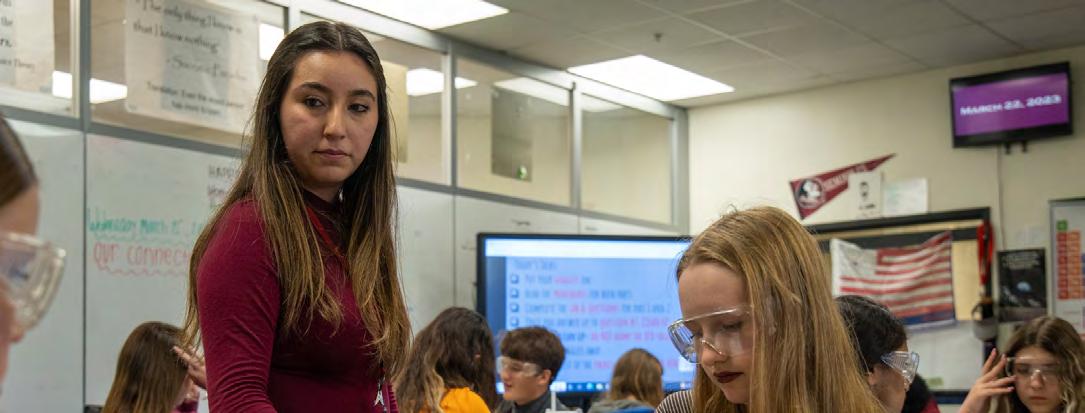
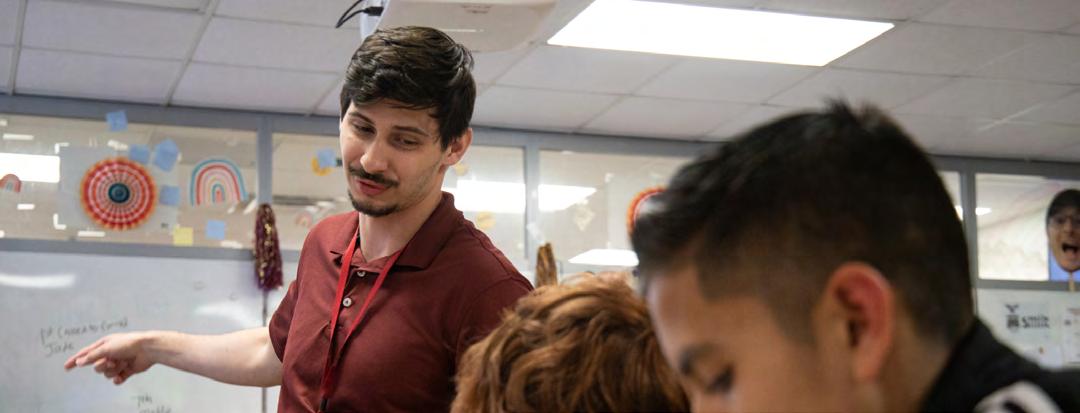
school leaders do not have the resources and bandwidth they need to provide that support,” she explained.
That being said, strong leadership makes a difference in the lives of teachers and their overall well-being. Her research, which compares periods of time before, during, and after the pandemic, shows that effective leadership made a huge difference in the experience of teachers. “Having a school leader that you felt like was there with you in the trenches, I think, was critical. It was before [COVID-19] and it continues to be,” Harbatkin said.
A lot of these insights are challenging to implement in the real world, Harbatkin acknowledges; however, she has worked closely with school districts in the past through grant funding. These partnerships are mutually beneficial.
For example, when she worked in Michigan, the school and district leaders of the turnaround schools — low-performing schools that receive additional support from the state — would meet a few times a year to learn from Harbatkin and her team. Follow-up questions from these meetings proved invaluable in finding new data to explore and new questions to ask.
Dialogue with school and district leaders informed Harbatkin’s research and proved to be critical in the project’s success. “Having that back-and-forth relationship — where we share what we find with them and they share their intimate knowledge of the context with us — is really critical.”
“I think that doing research with communities rather than to them is how you engage.”
The beauty of working with quantitative data is that Harbatkin can see trends in the teaching profession. The studies she has worked on, including the one that won her the Robert M. Gagné Research Award, includes data on every single student and teacher in North Carolina and Michigan. “I can tell you about averages for subgroups of students and teachers. I can see big pictures.”
Using this information, she enjoys working with colleagues who focus on qualitative approaches. “My part is to tell you the big picture, and then qualitative people can tell you why,” she said. Because of that, she constantly looks outside of her work to interact with colleagues. The CEHHS Research Showcase, where the winner of the Robert M. Gagné Research Award is selected, was the perfect opportunity to do just that. “It was very cool to get a sense of what other people are working on right now — not what’s on their CV that I looked at before and not what I’ve seen, what I’ve read, but what they’re in the process of.”
To her, that’s what makes the CEHHS Research Showcase so special. While it is an opportunity to understand how her research coincides with projects others are working on, it is also an opportunity to step entirely outside of her area of study and learn something new. ■
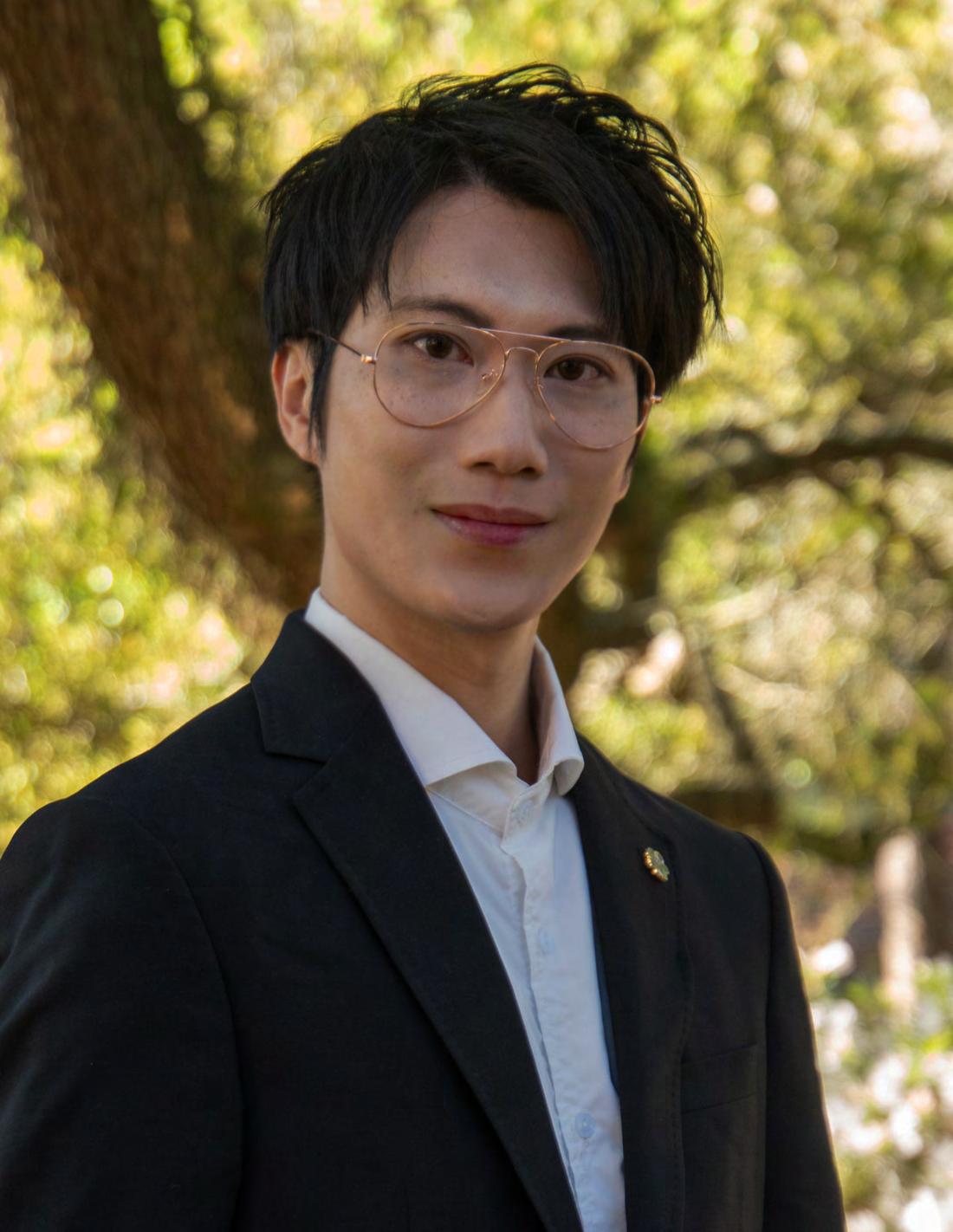
International and Multicultural Education Ph.D.
Why did you choose FSU for your studies?
There are three reasons. First, FSU offers a prestigious and unique major that matches my research interests. Florida State’s International and Multicultural Education graduate program has earned a national reputation for excellence and is ranked among the top in the country. Since I am interested in conducting comparative and international studies on teacher professional learning around the globe and in my hometown of Shanghai, I believe this major is the most appropriate one for me to deepen my knowledge. Second, my academic advisor and I share similar research interests. I still remember before I applied to FSU, I reached out to my current academic advisor, Dr. Motoko Akiba, to share my academic plan. She gave me very solid feedback and did a Zoom call with me to get to know me better, which strengthened my confidence in choosing FSU for studies. Third, FSU gave me a four-year fellowship, which is a generous financial support for an international student.
What has been your favorite part of your time at FSU so far?
My favorite part of studying at FSU is the diverse and inclusive climate in my department and college. Many of the students from our department and college come from different countries, and they always share their unique experiences on how their educational systems look in their own countries during class or even in causal chats. Interaction with them really enriches my perspective and builds my sense of belonging in my program. Moreover, I think the faculty members in my department are very supportive and have a wide range of expertise. Whatever academic questions I have, I can always find a right person to ask. Faculty members are very kind and helpful, and they want every student to succeed.
Your winning research project was about collaborative learning. How did you become interested in this topic?
In general, I am interested in teacher professional learning. I believe that teachers play a very important role in shaping students’ future. However, I also realize that people are not born to be good teachers. Instead, they need effective pre-service training as well as continuous professional learning throughout their career to renew their instructional skills and subject knowledge. In my hometown, Shanghai, teacher collaborative learning (TCL) is probably the most important form of professional learning. When I came to FSU and conducted my literature review, I found that actually TCL has a global impact and has been practiced in many countries. Therefore, I became very interested in using large-scale international data to examine the relationships among policy and organizational conditions, TCL, and teacher/student outcomes in various cultural contexts.
What do you hope to learn from this research? Do you have anything you would like to share so far about this project?
Currently, I am using the OECD Teaching and Learning International Survey (TALIS) data to examine my research interests. Based on the results, I found that there is a major variation in
the frequency of teachers’ participation in TCL activities around the globe. However, I also found a global pattern that some organizational support might be more likely to help promote TCL than others. In fact, this is the most interesting part of conducting a cross-national study. By running a cross-national study, I will be able to understand the uniqueness of TCL in different countries, identify alternatives for current practices, and recommend policies to support TCL based on a specific context.
How did it feel to win the Outstanding Graduate Student Research Award?
I felt so excited! Since this was my first time participating in the graduate student research competition, I never expected to win the final award. When hearing the news that I was one of the four finalists for the award, I already felt very honored. But I was so lucky to be selected to receive the final award. Receiving the award reassured me that I am on the right track and doing the right thing at this moment. I want to thank my academic advisor and all faculty members for helping me achieve this honor.
What do you hope to do after you graduate?
My professional goal is to become a professor in the field of educational leadership and policy after graduation. I hope to continue my research in teacher professional learning, teacher policy, and comparative and international studies throughout my career.
Anything else you would like to share?
I believe having a strong commitment to what you are interested in is very important for success. But sometimes, we need some incentives and positive reinforcement to maintain our interests. The Outstanding Graduate Student Research Award is great because it provides an equal opportunity for every student to demonstrate their talent and reward their research passion. ■
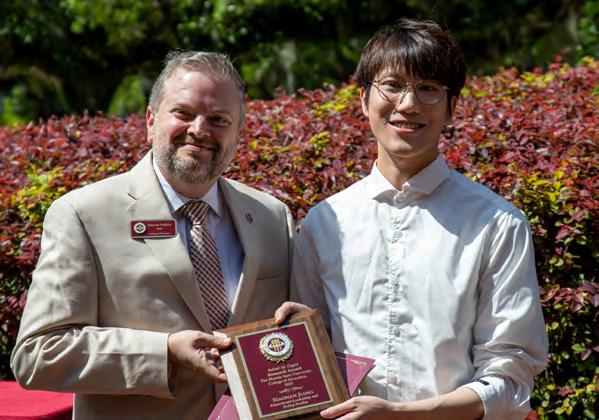
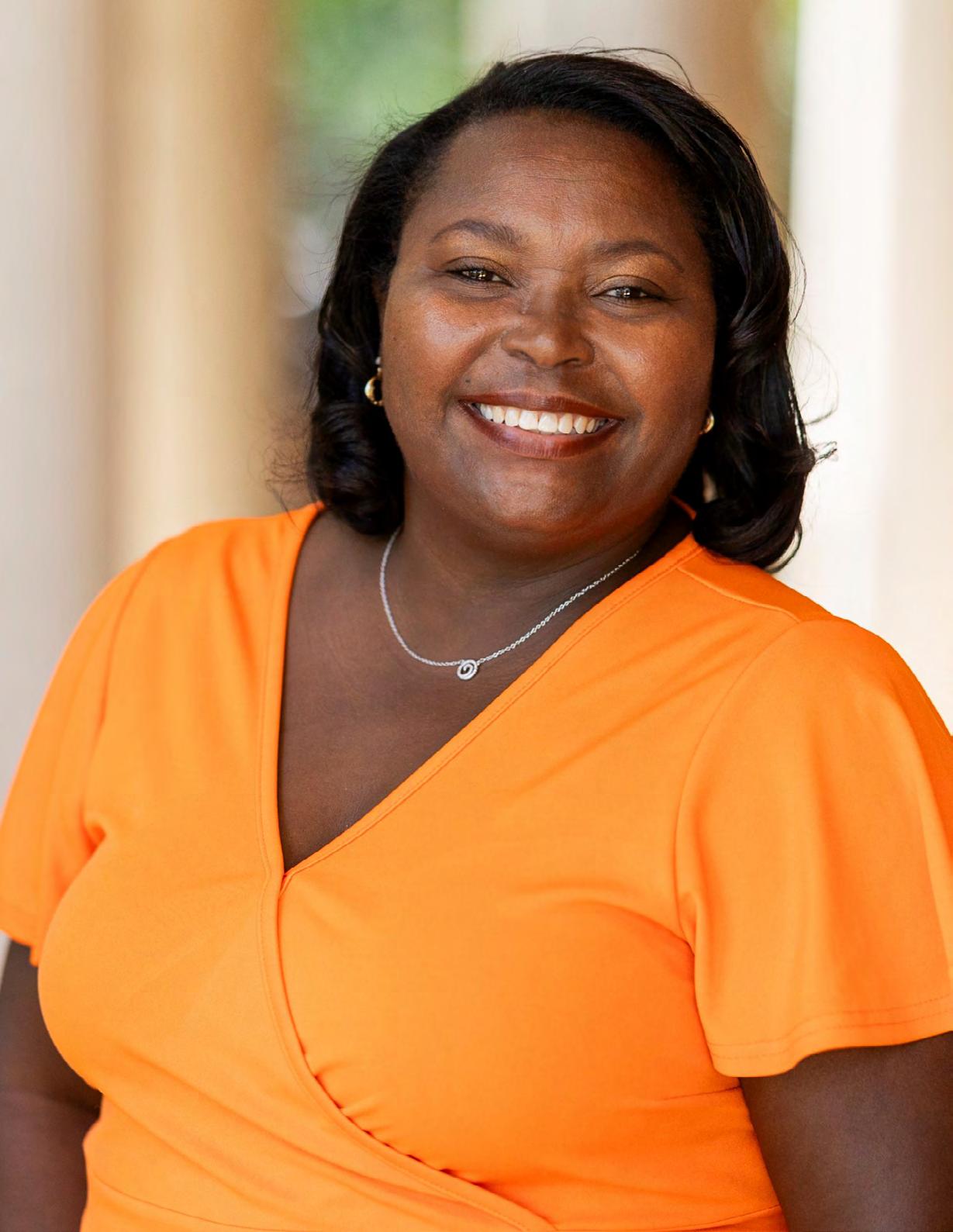
Tell us a little about yourself.
I am the youngest of four children born to Mrs. Lula Hudson and Mr. David Hudson (deceased). I love family and spent many hours with my grandparents (John Porter and Emma Gibson, both deceased). I have excelled in math since I was six years old and often played school with my dolls. I was valedictorian of my high school (1990) and matriculated to the University of South Carolina (Columbia, SC). When I graduated in 1994, I worked as a math teacher at High Hills Middle (Sumter, SC) and Mayewood Middle (Sumter, SC). I spent three years giving back to the district that educated me. From there, I moved to Columbia, SC, and worked at Dent Middle School, a Blue-Ribbon School (Richland District 2). I married Christopher Morris in 2001, and we moved to Florida. I always wanted to teach at the high school level and was hired at New Smyrna Beach High (NSB). I held various leadership positions during my five years at NSB and gave birth to our eldest daughter, Kiersten. In 2006, when Kiersten was one, I moved to my forever school, Spruce Creek High, and I have been there for 18 years. During that time, I gave birth to our second daughter, Chandler.
What made you want to be a teacher?
I vacillated between being a secondary math teacher and a pediatric nurse. However, I realized that biology was not my cup of tea because I disliked dissections and learning phyla and species, but chemistry excited me. Then, when I was a Teacher Cadet in 12th grade, I knew I had found my niche. Teaching was my calling, and the gift of explaining mathematical concepts to others excited me.
What has been your favorite part of the Learning Design and Performance Technology (LDPT) program so far?
My favorite part would be learning the tools to effectively redesign curriculum by integrating technology to ensure the needs of the learners are met. I enjoy designing with Canva, organizing thoughts and steps with bubbl.us, using VoiceThread, storing my articles and notes with EndNote, and coding with ATLAS.ti.
How has the program helped you in your professional life? LDPT relates to my love of designing curriculum and instruction. Working as the math instructional support, AP Statistics PLC facilitator, and support teacher for student teachers and new teachers, my years of experience, coupled with the knowledge of LDPT, enable me to plan instruction with the goal of the lesson being paramount and suitable for the level of the learner.
You won the 2024 Volusia County Schools’ Teacher of the Year and the Mary J. Brogan Excellence in Teaching Award. What was that experience like?
Winning Teacher of the Year (TOTY) for the Volusia County School District was mind-blowing! Within my first five years of teaching, being the Teacher of the Year at the school level I thought would be cool. I was nominated several times over the years but had yet to win at any of the four schools I was employed in. As time progressed, there were other concerns — being great at delivering instruction for students to pass their high-stakes assessments,
sponsoring clubs, writing recommendation letters, rearing children, taking care of my family, and being busy at church and in my community. The thought of being the teacher of the year wasn’t on my mind. Therefore, when I was nominated and won Spruce Creek’s TOTY, I was honored that my peers voted for me. I was honored to discover I was one of the top five finalists for Volusia County, but I did not think that winning the county was possible. When my name was called, I was so shocked that tears poured from my eyes. Moreover, my 82-year-old mother, whom I often refer to as my first teacher, was there to support me. I had no idea that other recognitions would be given at the [Florida Teacher of the Year] banquet. Therefore, I was utterly shocked when I was named the Mary J. Brogan recipient. I never ever thought about me, this little country girl, being recognized by an entire county or the Florida Department of Education. One of my most memorable moments from that night was of Julie Caylor [recognition coordinator, FLDOE] and me running to the stage to accept this award I did not know of. What an exciting year to share these memories with my future grandchildren!
What advice would you give someone interested in the LDPT program?
I advise those interested in the LDPT Ed.D. program to form bonds with their cohort. Working full-time, attending university, and raising a family are challenges. However, the bonds are necessary to maintain sanity and to develop accountability partners. The coursework is intense, but in the calming voice of Dr. Vanessa Dennen, “If this [earning a doctorate] were easy, everyone would do it!” The skills and resources learned by majoring in Learning Design and Performance Technology provide a systematic process to set goals and then make and implement plans to accomplish the main goal and other subordinate tasks.
Anything else you would like to share?
Amid many barriers against educators with mounting responsibilities year after year, there is no nobler profession than teaching. I never liked the adage, “Those who can, do. Those who cannot, teach.” I want the world to know, “Those who can, do. However, those who can do it better with passion, patience, and pizzazz, teach!” ■
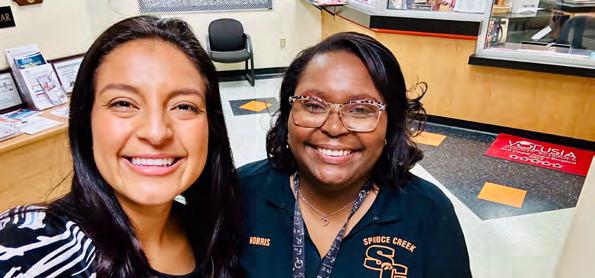
Doretta Gordon started her professional career as a social worker, helping homeless individuals in Washington, D.C.
Having just finished a tour with the Peace Corps, Gordon felt invigorated in her mission to help those around her achieve their best. She decided that the best way to do that was to also improve herself, so she began investigating graduate programs. As a social worker, she initially considered a Master of Social Work degree, but she couldn’t shake the feeling that there was a better way forward.
She did some soul searching and reflected on what she enjoyed most about working with her constituents. The primary population she interacted with were transitional homeless individuals, who find themselves without a place to live due to a sudden life change or unexpected event. Gordon taught these individuals invaluable skills to help them recover, such as budgeting, preparing for job interviews, finding resources, and more. She realized what she enjoyed most about her job was teaching people how to change their behaviors.
Could there be a graduate program that would better improve her skills? The answer was yes, and she found it at Florida State University’s Instructional Systems and Learning Technologies program.
“From day one, I absolutely loved the program. I said I found my people. I found my calling,” said Gordon as she reflected on her time at FSU.
“This program is this beautiful marriage of psychology and human behavior with a focus on application.”
In particular, she loved that the skills she gained through ISLT allowed her to see change happening in real time. “In psychology, you might not see changes for years, but [with ISLT], someone can leave a training program, and they can do something that they couldn’t do when they started.”
She quickly learned why the FSU ISLT program had such a positive reputation. “The program was really good at setting you up for what you wanted to do. Do you want to do consulting on your own? Do you want to have your own consulting business? Do you want to work for a corporation? Do you want to go into academia? They really nourished all those tracks.”
What made the FSU program special wasn’t just the knowledge she gained; it was the people she met along the way. “The master’s program built friendships, and to this day, I call on those friends.”
“I built this beautiful network through alumni that had come from the program. ISLT has been so good over the years about nurturing a community and getting them involved.”
As she progressed through the master’s program, she decided to add a graduate certificate as well; it wasn’t long after that when she realized she loved the subject matter so much that she wanted to complete a doctorate. “I was in heaven. I could do this forever—just absolutely loved the program,” she said.
She graduated with her doctoral degree from ISLT in 2003. Thanks in part to the connections she built during the program, she found her first job at Southwest Research Institute, a not-for-profit research company specializing in applied research.

At Southwest Research Institute, Gordon worked in SCORM-based e-learning, which was just emerging at the time. SCORM stands for shareable content object reference model, and Gordon was the first to implement the learning system at the institute. She also led work in tactic knowledge management, which is defined as knowledge, behaviors, and information gained from an individual’s observations, experiences, emotions, and insights. When employees join or leave a company, the team’s overall tacit knowledge changes accordingly.
One of the things she enjoyed most about this first position was taking real-world problems and applying research methodologies to solve them. This holistic approach to problem-solving incorporated her passion areas like training, feedback mechanisms, and finding the best tool and data to solve problems.
After almost a decade at Southwest Research Institute, Gordon wanted to bring her experience back to the classroom. She served as an instructor at Utah State University and then later, Florida State University, teaching students and bringing with her the lessons she had learned in the workforce. “I have always loved the connection of academia and corporate America. To this day, that’s why I stay involved with the program. It’s a benefit to me to stay in contact because I get to understand where our learners are, and then I feel that I can also bring authenticity to the teaching by saying here are the real-life problems.”
After spending some time teaching in the classroom, Gordon was looking for her next opportunity. She earned a job at State Farm, bringing her knowledge about instructional design to the national insurance company. She has been with the company for over a decade now, but she still believes that her education has helped her succeed every step of the way.
Just like at Southwest Research Institute, Gordon launched initiatives and practices that no one else was doing at the time. She helped create the first user-generated video learning program; worked in State Farm’s explicit, codified and tacit knowledge management group; and later served as a talent strategist. In every role, she has enjoyed the challenge and brought with her the experience she has gained and the knowledge she acquired from FSU.
“Everything that I learned at Florida State, I have applied during my entire career, and it’s beneficial to where I am now,” she said.
“I will always be indebted to the program, and I always give back to the program, because it truly has been my foundation.”
With so much gratitude toward her alma mater, she decided to give back. Working with State Farm, she created a matching program that would match her donation to FSU. Through this generous act, Doretta Gordon created the D. E. Gordon Endowed Scholarship in Instructional Systems, which supports graduate students in the ISLT program.
“I want to keep giving because I owe the program, in my opinion, for what the program has done for me,” she said. “It really has set me on the career course that I’m on.” ■
If you are interested in contributing to your program or setting up a donation match through your workplace, please contact Mr. Kevin Derryberry, assistant dean for development, at kderryberry@fsu.edu

Beyond his titles and accolades, Dr. Jeong-Su Kim was a rare gem — a mentor, colleague, father, husband, and friend whose impact transcended the walls of academia. Kim, the Margaret A. Sitton Professor of exercise physiology at the FSU College of Education, Health, and Human Sciences, left an indelible mark on all who knew him.
Known simply as “J” among friends and colleagues, his passing on December 29, 2023 was felt deeply by faculty, students, and the wider academic community.
Kim’s humility and approachability endeared him to many. Department of Health, Nutrition, and Food Sciences Professor Lynn Panton described him as “soft-spoken and humble,” with a penchant for laughter even during challenging times. “He would always chuckle or smile, even when things were not going well, he was so even keel and easy to talk to.”
Other colleagues fondly recalled Kim’s magnetic personality. “If you ever saw J at our meetings, you’d understand that he was as close as we got to an exercise physiology rock star,” Michael Ormsbee, professor and director of the FSU Institute of Sports Sciences and Medicine, shared.
“He would be surrounded by packs of people at conferences and meetings,” Ormsbee explained. “He had such a great reputation because his quality of work was so good, and he was just really likable, wise, and funny.”
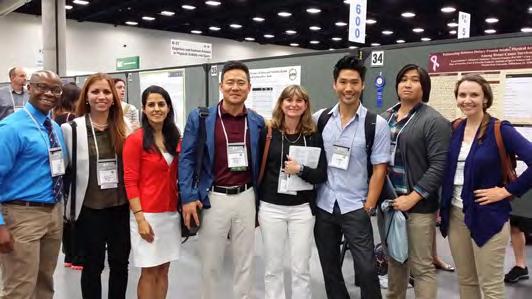
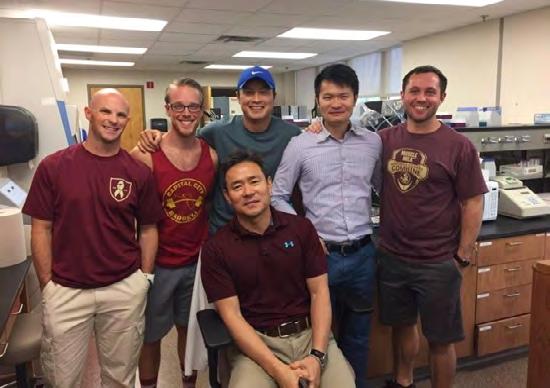
Over the years, Kim became a well-known figure in academic circles, becoming affectionately known as the “Godfather of Korean exercise physiology,” said Ormsbee.
Kim proudly served as the Vice President of the Korean United States Applied Physiology Society and was a fellow of the American College of Sports Medicine. For many years, Kim was the department’s only exercise physiology faculty member who studied skeletal muscle. “Our students would often go to him wanting to explore skeletal muscle physiology because it’s kind of cool,” said Ormsbee. “He was also very fair, and I think students appreciated that. He would challenge them, but he was always fair and loving in how he did that.”
His primary area of research was the study of skeletal muscle catabolism — the body’s process of breaking down muscle tissue as an energy source — and neuromuscular changes related to aging (also known as sarcopenia), diseases such as cancer, physical activity (sedentary lifestyles versus overtraining), nutrition (such as caloric restriction), and physical function. His work led to a broad spectrum of translational research ranging from cellular changes in muscle cells to clinical outcomes of whole-body performance.
He earned his bachelor’s degree from Kyung-Hee University in Seoul, Korea, before earning his master’s from Ball State University and his Ph.D. in exercise physiology from The Ohio State University.
“Dr. Kim encouraged us to pursue our scientific interests, take joy in our work, and gave us the latitude to make this happen. I thoroughly enjoyed being in his lab, and I often look back on my time there fondly … I felt comfortable being myself in his lab, and by creating a positive environment, he allowed me to be the best version of myself.”
Andy V. Khamoui, Ph.D.
Former doctoral student under Dr. Kim and Associate Professor of Exercise Science and Health Promotion at Florida Atlantic University
Kim’s former students spoke of him with deep admiration and gratitude. His former doctoral student Andy Khamoui noted, “Dr. Kim gave us the freedom to explore our interests and encouraged us to be passionate about scientific discovery.” Khamoui now serves as an associate professor in the Department of Exercise Science and Health Promotion at Florida Atlantic University. “I felt comfortable being myself in his lab, and by creating a positive environment, he allowed me to be the best version of myself,” he added.
Kim’s dedication to his students was unparalleled. He built a closeknit community in his lab, which was nicknamed “The Muscle Lab,” where students thrived under his guidance. His support extended beyond just his own students; he collaborated with all students in the graduate program, assisting them in analyzing their bloodwork and offering space in his -80 freezer for storing their samples. “He was incredibly generous with his space and time,” said Panton.
Kim’s impact on his students was profound, as evidenced by the emotional dissertation defenses he presided over. Panton said that despite his efforts to remain composed, he often found himself moved by his students’ success. “He had a really, really soft heart.” “He ran the muscle lab. They’re not supposed to be emotional, right?” Ormsbee joked. “But gosh, every time he did a dissertation defense for his students, he would be tearing up – and so would
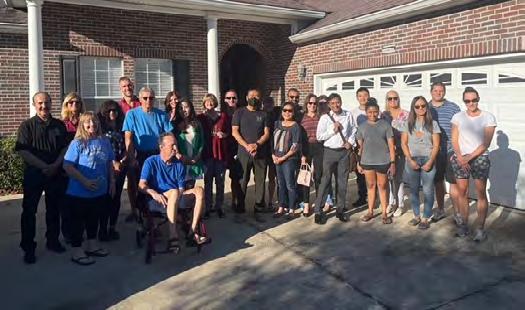
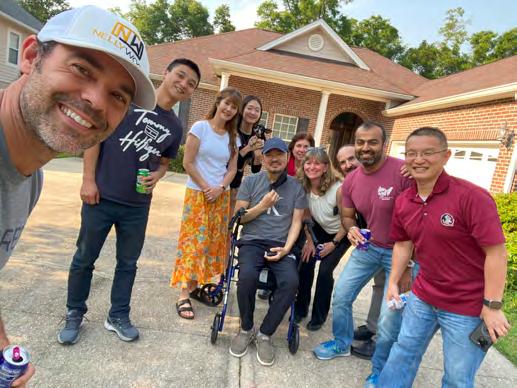
but almost every student had that experience where they were emotional about finishing and moving on from him.”
Kim’s dedication to his students and fellow faculty went beyond academic pursuits. Colleagues and alumni recall his commitment to creating a family-like atmosphere in his lab, often hosting end-ofsemester barbeques at his home. The gatherings were a testament to his care for his students, his family’s culinary skills, and his love for Korean barbeque.
Simply put, Kim enriched the lives of many throughout nearly two decades as an exercise physiology faculty member.
As the graduate program director for the Department of Health, Nutrition, and Food Sciences, he played a pivotal role in shaping the academic experiences of many students, even outside his lab. His dedication to education and research was evident in his roles as associate director of the Center for Advancing Exercise and Nutrition Research on Aging and as a faculty affiliate of the Institute for Successful Longevity, the Pepper Institute on Aging and Public Policy, and the FSU Institute of Sports Science & Medicine.
Colleagues and students remember Kim as a mentor who deeply cared about their success, often mentoring younger faculty from different departments. Ormsbee remarked, “He was my closest
“Dr. Kim changed my life. Being one of Dr. Kim’s Ph.D. students is an experience unlike any other. Dr. Kim invested in me as a person and not just as a scientist and academic. He taught me how to do things the right way and how to put people first. These lessons, I now try to instill in my students. It was truly an honor to learn from Dr. Kim. Now his students have their own students, so, fortunately, the teachings of Dr. Kim will impact each new generation.”Michael C. Zourdos, Ph.D. Former doctoral student under Dr. Kim and Professor and Chair of the Department of Exercise Science and Health Promotion at Florida Atlantic University
“Dr. Kim was a beacon of guidance whose profound wisdom, mentorship, and steadfast support illuminated my academic path and enriched the lives of those fortunate enough to have crossed paths with such an extraordinary individual. May his enduring legacy serve as an everlasting source of inspiration, resonating within the hearts of all who were touched by his remarkable presence.”Sang-Rok Lee, Ph.D.
Former doctoral student under Dr. Kim and Associate Professor in the Department of Kinesiology at New Mexico State University
work buddy. His mentorship was life-changing and helped me climb the academic ladder over the last 14 years.”
Their offices were located next to each other. They’d often have lunch together and discuss climbing the academic ranks, family, and more. Ormsbee also delivered a eulogy at Kim’s funeral, highlighting the deep connection they shared. A handful of Kim’s former students stayed in touch long after graduation and flew across the country to attend his funeral.
Kim was also a devoted family man. He loved spending time with his wife Young-Im Park, daughters Sarah and Grace, and their beloved family dog Bella.
“He was always with his and his friends’ children. Wherever the children were, J would be there, in the water swimming, playing games, and doing all kinds of recreational things like cycling. He loved to bike. His family and friends would go to North Carolina and go snow skiing and play in the snow, they would go on beach and camping trips. They had so much fun together,” Panton said. His work ethic was legendary, as Ormsbee describes it, often staying late to work and welcoming colleagues to join him for dinner in his office. When he fell ill, he urged his colleagues to take sabbaticals, emphasizing the importance of spending time with family.
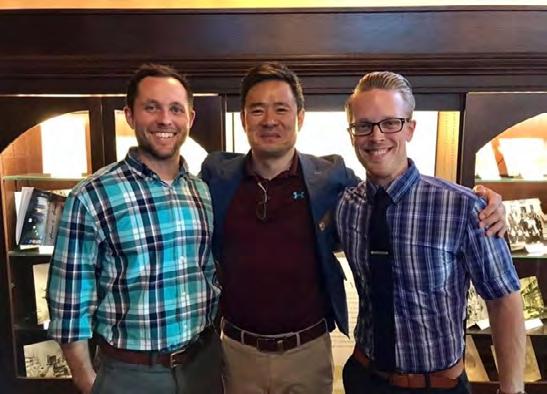
“His faith was amazing. He was deeply involved in his church. It was such a huge part of him. He definitely walked the walk, and it showed in the way he treated people and carried himself through life,” added Panton.
In reflecting on Kim’s life, his colleagues and students have endless memories and gratitude for Kim’s profound impact on them in multiple facets of life. His presence is deeply missed, but his legacy of kindness, humility, and dedication to his students will continue to inspire all who knew him.
“J wasn’t just a mentor,” Ormsbee shared in the opening of his eulogy. “He was a shining example of humility and kindness. He was also tough as nails and fought hard.” ■
Gifts in honor of Dr. Kim may be made through the FSU Foundation and will help fund the creation of a Dr. JeongSu Kim Graduate Scholarship and Research Fund in the Department of Health, Nutrition, and Food Sciences.
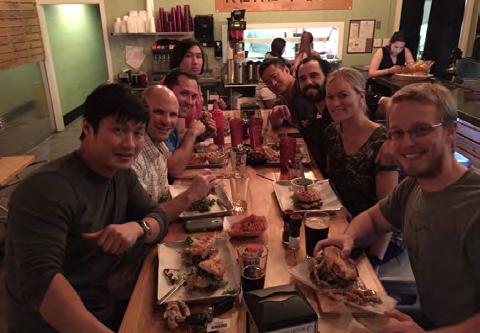
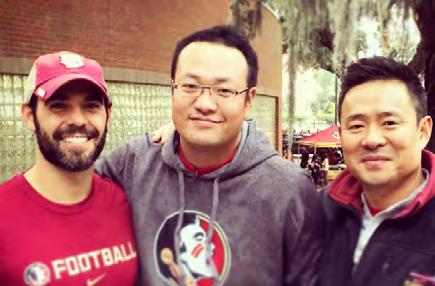
The College honored five alumni during its annual Distinguished Alumni Awards Celebration held in Tallahassee on Friday, October 6. Each year, the College selects alumni as recipients of the Distinguished Alumni Award and Graduate of the Last Decade (GOLD) Award.
The GOLD Award was established in 2015 to recognize alumni who have graduated in the last 10 years and who have had significant impact within their profession, contributed to their community, and show promise of continued success. GOLD Award recipients included Brittany Sinitch Menendez (English Education B.S. ’17), and Jessica Jeanne Geymayr (Sport Management B.S. ’15).
The Distinguished Alumni Award recipients were Dr. Sue J. Ebbers (International Affairs B.S. ’77, Instructional Systems M.A. ’99, Ph.D. ’07) and James Haj (Physical Education B.S. ’90). Since 1977, more than 100 distinguished alumni have been recognized for excellence in their careers, support of their communities, and service to Florida State University.
The College also awarded its prestigious Lifetime Achievement Award to Dr. Robert Reardon (Rehabilitation Services M.S. ’65, Ph.D. ’68).
Learn more about the awards at cehhs.fsu.edu/daa
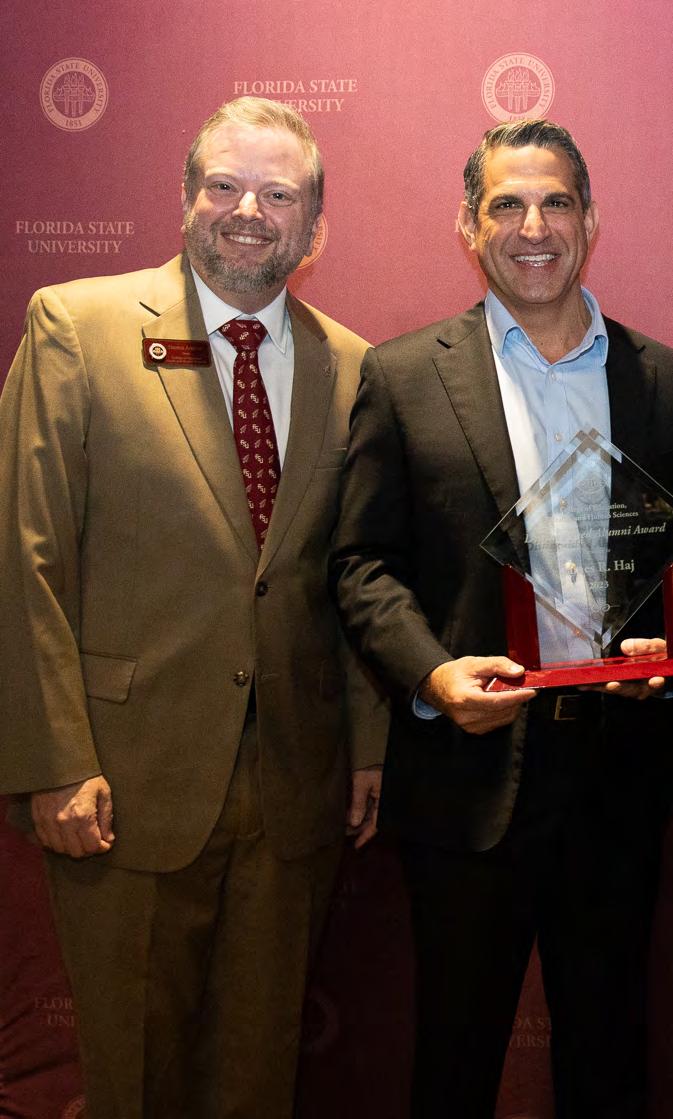



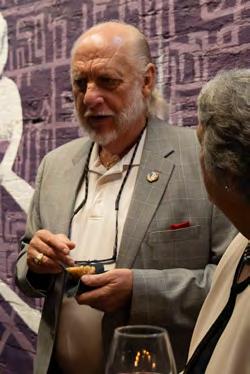
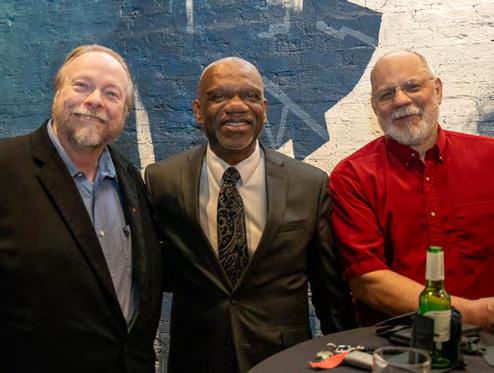
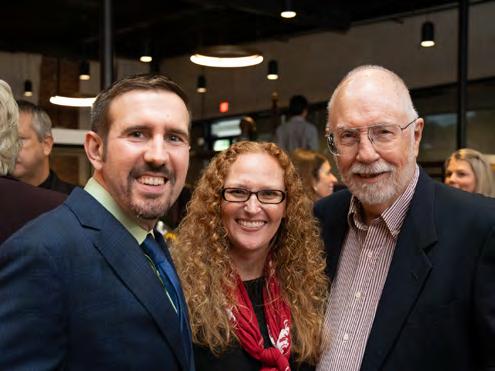



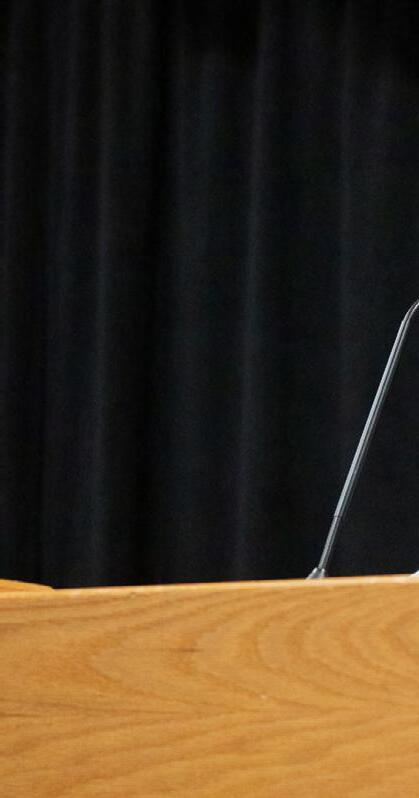
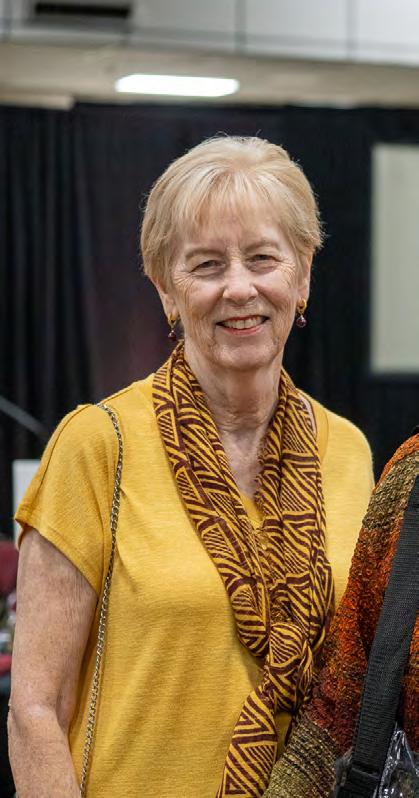
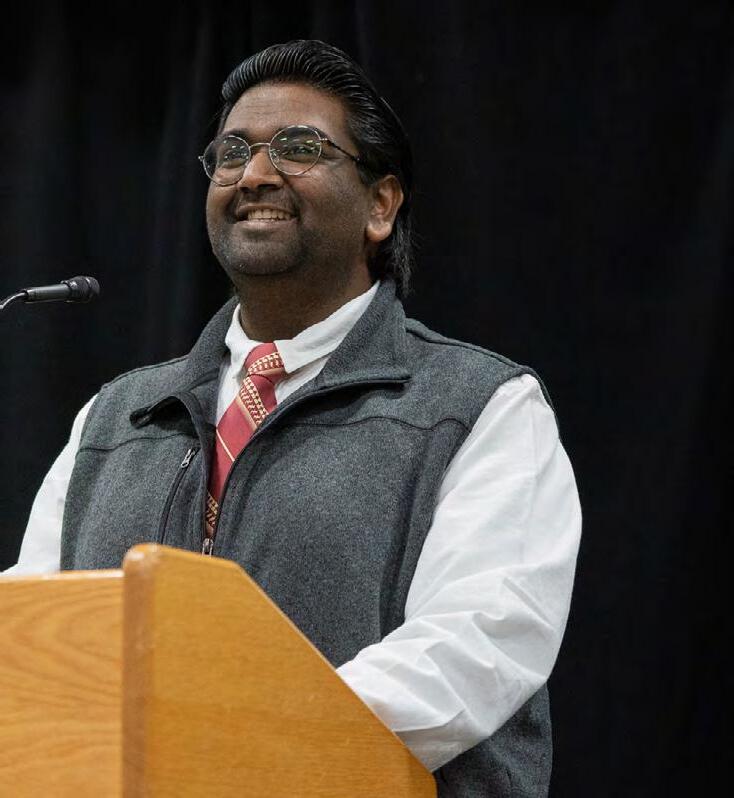
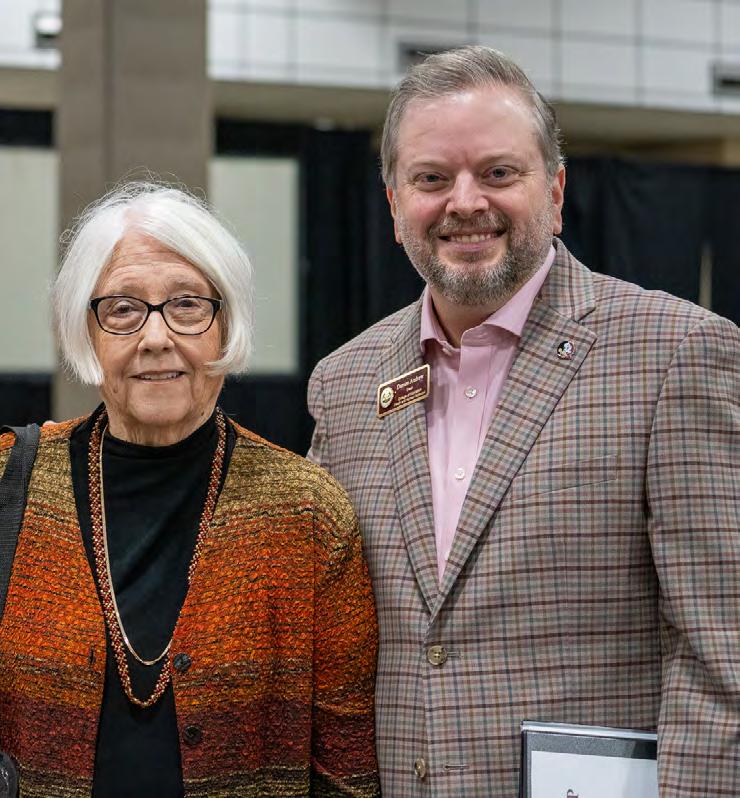
The 2023 Scholarship Breakfast, held during FSU’s Family Weekend, was a celebratory event honoring scholarship recipients.
The breakfast aimed to acknowledge their achievements and express gratitude to the generous alumni whose contributions made these scholarships possible.
Hosted at the Donald L. Tucker Civic Center on Saturday, October 7, 2023, the program began with a warm welcome from Ravi Bhatt, a higher education doctoral student, followed by opening remarks from Dean Damon Andrew, emphasizing the significance of alumni support in providing opportunities for current students. Student speakers shared their experiences and gratitude, including Sarah Schmidt, Kofi Yamoah Ponkor, and Francesca Carravetta, recipients of various scholarships within the College. Their speeches highlighted the impact of financial assistance on their academic journeys.
The event concluded with closing remarks from Kevin Derryberry, the assistant dean of development, recognizing the continued support and engagement of the donors in attendance.
Overall, the Scholarship Breakfast served as a meaningful occasion to recognize the achievements of scholarship recipients and express appreciation to the alumni whose generosity is shaping the future of education at FSU.
The College of Education, Health, and Human Sciences honored Florida educators of the year at the FSU Football game vs. Syracuse at Doak Campbell Stadium on October 14, 2023. The recognition has become an annual tradition for the College as a key part of Project ElevatED, which aims to recruit, train and retain more educators in the workforce and recognize them for the important work they do. In addition to the educators of the year, selected by the Florida Department of Education through its Teacher of the Year Program, all current and former pre-k through 12 professionals were asked to stand for a round of applause.
The educators recognized on the field were:
James Kendall Busscher
2023 Florida School-Related Employee of the Year
Brent Frazier
2023 Florida Principal of the Year
Melissa Matz
2023 Florida Teacher of the Year
Angela Patton
2023 Florida Assistant Principal of the Year
Dr. Rick Surrency
2023 Florida Superintendent of the Year
Adrianna Swearingen
2024 Florida Teacher of the Year
The group was joined on the field by Richard McCullough, FSU president; Jai Vartikar, FSU first lady; Michael Alford, vice president and director of athletics at FSU; Damon Andrew, dean of the FSU College of Education, Health, and Human Sciences; Sherrie Raulerson, president of the Florida Association of District School Superintendents; and Anastasios Kamoutsas, Florida Department of Education chief of staff.
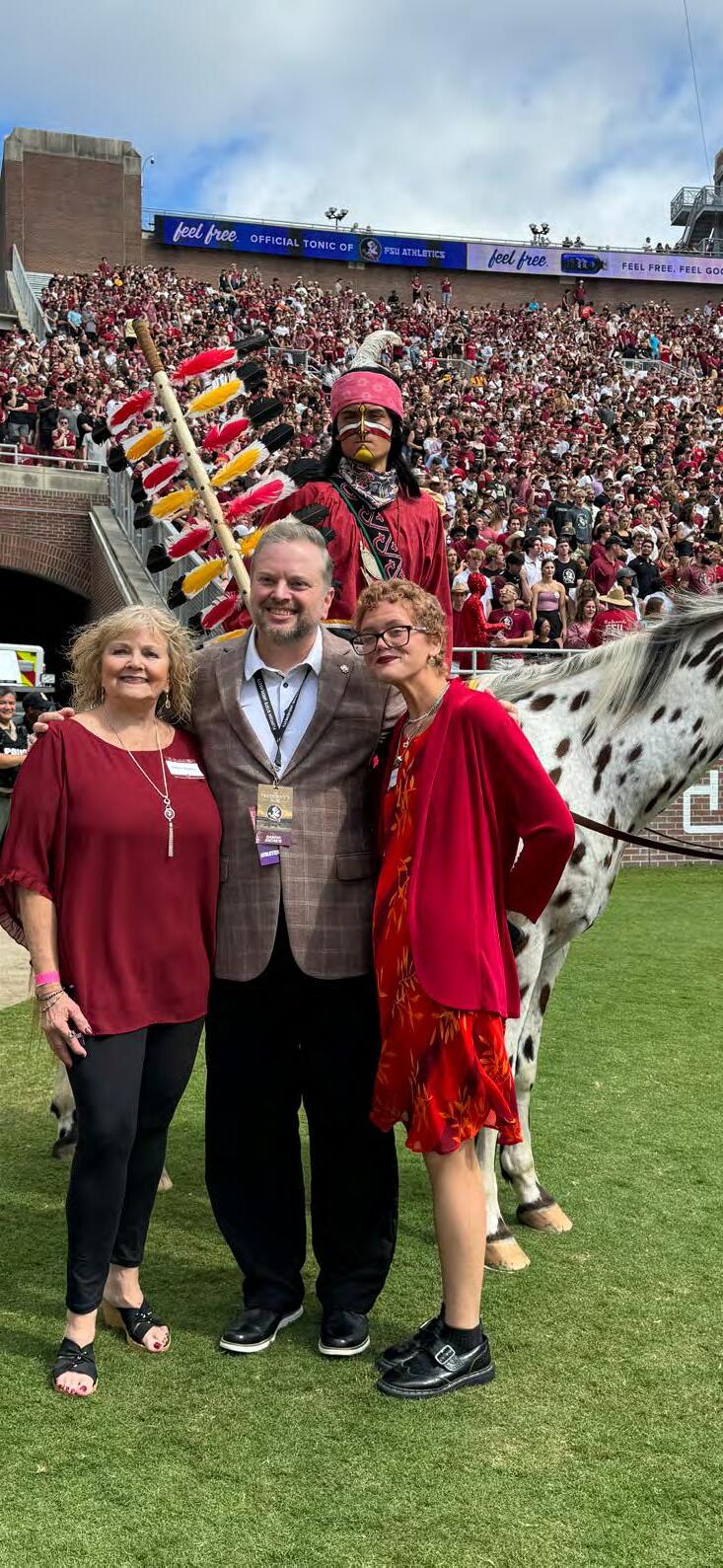

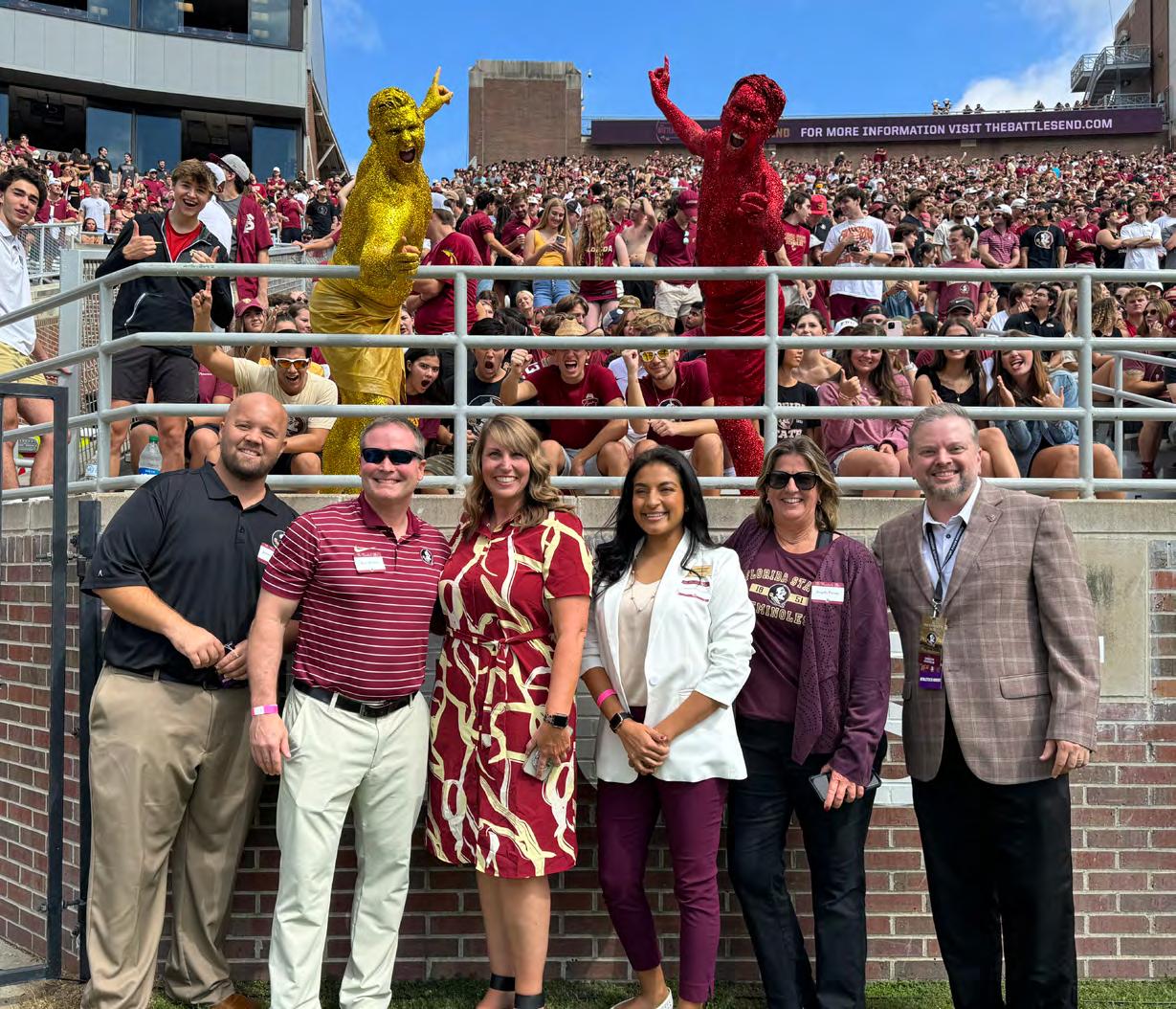
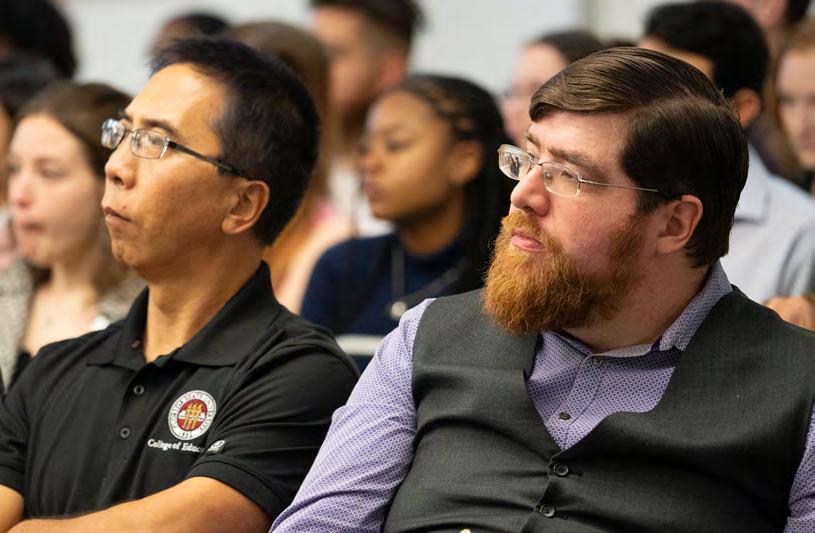

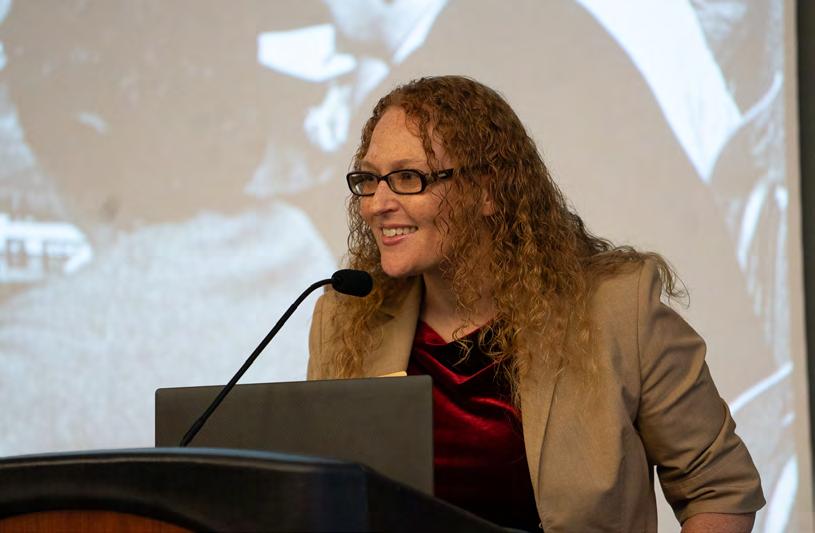
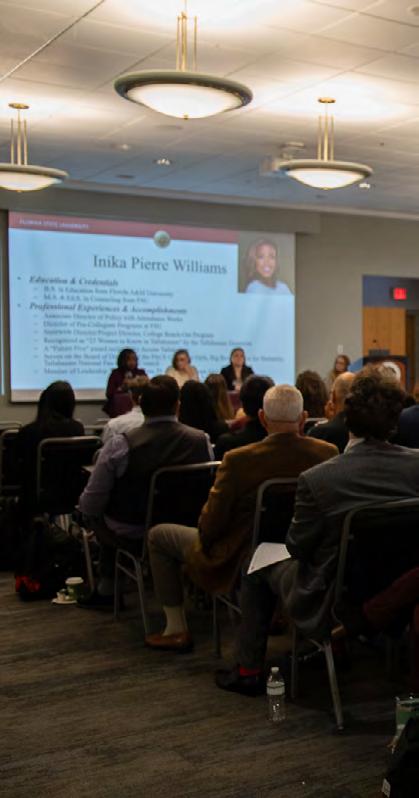
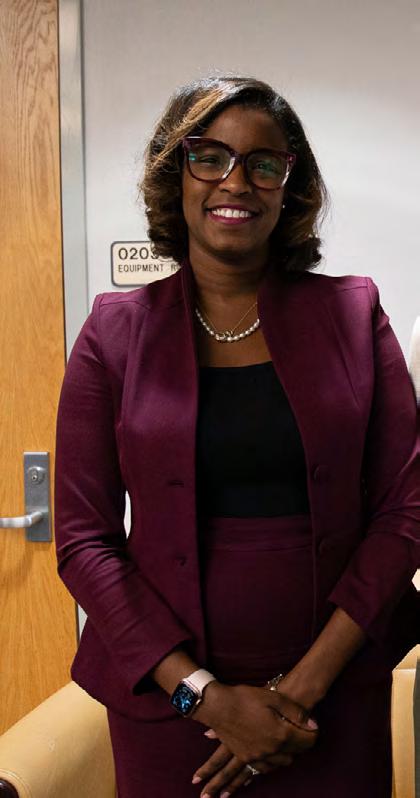
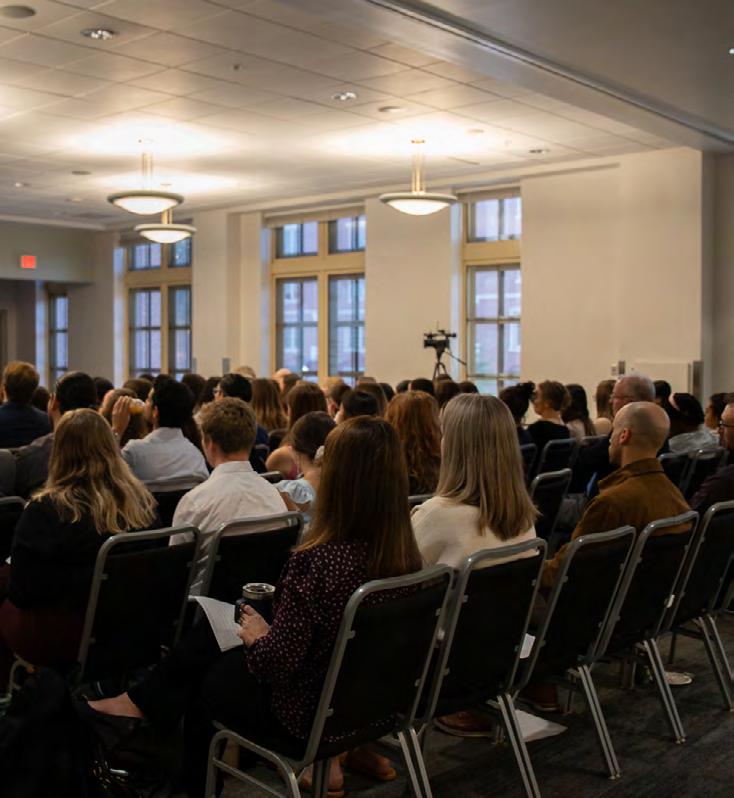

The Harold F. Cottingham Colloquium, sponsored by the Psychological and Counseling Services (PCS) program, honors the legacy of Harold F. Cottingham, a pioneer in counseling psychology. This event serves to maintain excellence and leadership within the PCS Program, provide professional development for students, and foster a strong sense of community among current and former students and faculty members.
During the 2023 Cottingham Colloquium, held on October 20, three distinguished speakers shared their expertise:
Dr. Taylor Thompson, a licensed psychologist and assistant professor at the FSU College of Medicine, specializes in mental health and academic support services for medical students, with a focus on psychoeducational assessment.
Samantha “Sam” Ritts, an experienced school psychologist, focuses on LGBTQ+ issues, suicide prevention, and intervention. She has actively contributed to professional organizations and advocacy efforts in school psychology.
Dr. Inika Pierre Williams, associate director of policy at Attendance Works, brings expertise in educational leadership and youth development programs to advance student success through policy and practice initiatives.
Harold F. Cottingham, the namesake of the colloquium, founded and chaired the Department of Guidance and Counseling at Florida State University in 1958. He emphasized group work in counselor training and valued face-to-face professional exchanges, making the Colloquium a fitting tribute to his legacy.
Snapshots
The College of Education, Health, and Human Sciences Alumni & Friends Homecoming
Tailgate was a memorable event for attendees. Held outside Doak S. Campbell Stadium on Saturday, October 21, 2023, the tailgate brought together alumni and friends of the College to celebrate Homecoming in style.
Guests enjoyed a lively atmosphere filled with games, giveaways, and delicious food and drinks.
As excitement mounted for the game, attendees had the opportunity to cheer on Coach Norvell and the Florida State Seminoles as they passed by on Legacy Walk en route to the stadium. The experience was further enhanced with special appearances from the FSU Cheer Team and Marching Chiefs.
The tailgate brought together individuals from diverse backgrounds to celebrate their shared love for FSU and served as a reminder of the enduring bonds forged through education, leaving attendees eager for future opportunities to reconnect and celebrate together.
November 23, 2024
The College will host the Homecoming Tailgate annually, so be sure to save the date for the next one.


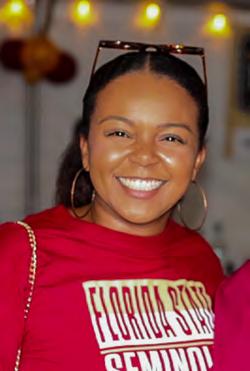
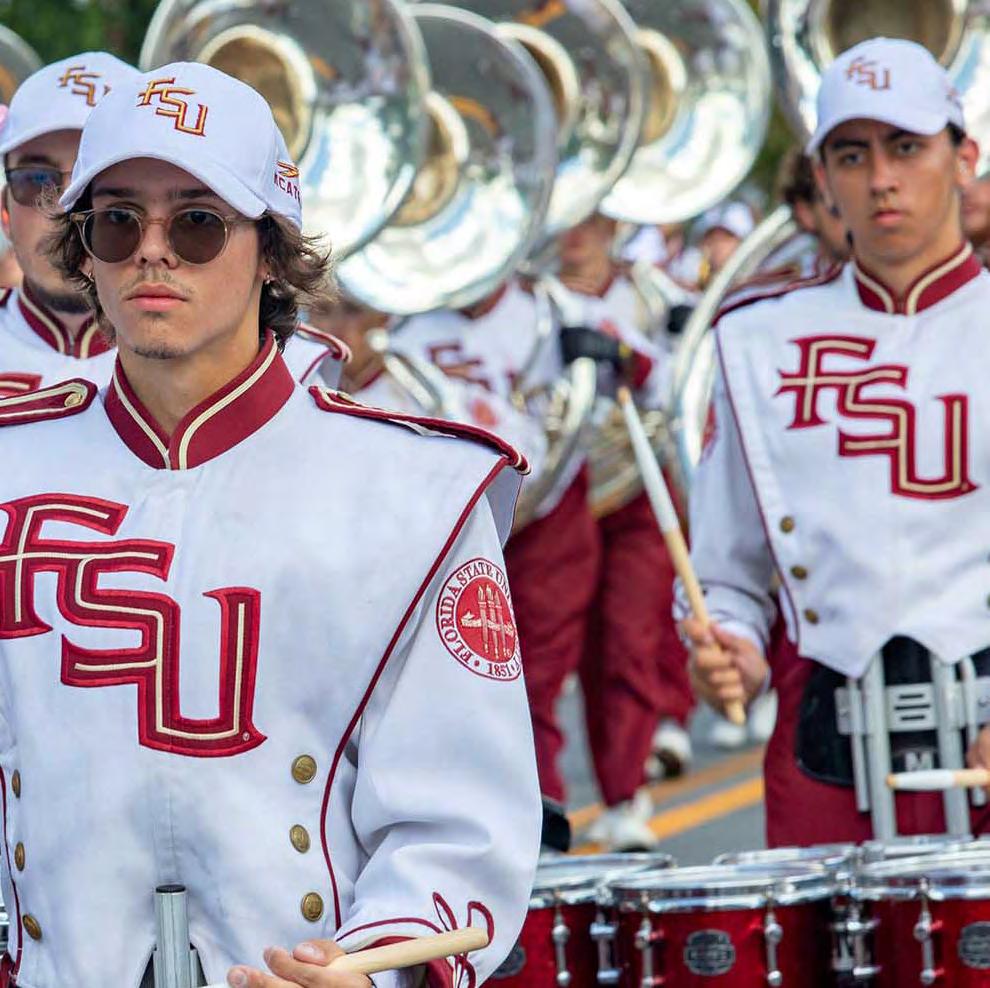
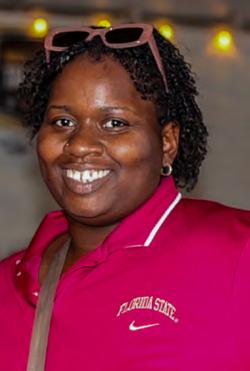
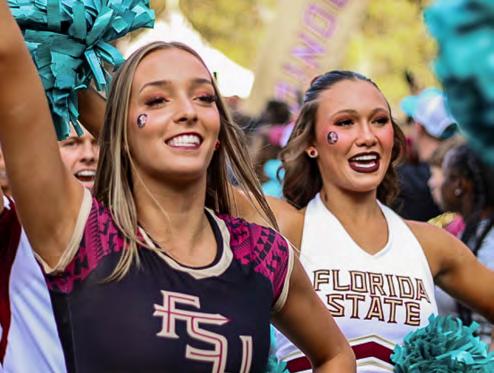
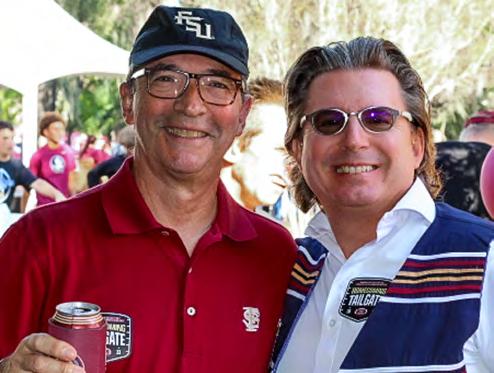
A. L. Dua Endowed Scholarship in Instructional Systems Mr. Sanjay K. Dua and Mrs. Uma S. Dua
Daeun Jung Dan He
Alyce B. Bobkin Scholarship Dr. Randolph T. Barker and Dr. Sandra B. Barker
Diane-Claire Villarreal
Anderson-Darling Family Endowed Scholarship Fund Mr. Paul Anderson and Carol A. Darling, Ph.D.
Chengfei Jiao Crystal Marroquin
Andrew R. and Marjorie C. Buglione Endowed Scholarship Fund
Stacey Tabernilla
Anna Blunker Endowment for Health and Human Sciences
Craig Rubino
Anne Spencer Daves Fellowships Fund in the College of Education Mrs. Anne S. Daves and Mr. John W. Daves
Zhiying Li
Bank of America Early Childhood Development Fund Bank of America Corporation
Jenna Bleich Sapna Srivastava
Beth Bates Bass and John Davis Bates Fund Mr. John E. Bates
Amanda Lariscy
Daniel Carchio
Julia Brockbank
Kaitlin Baiardi
Lora Thaxton
Sarai Maduro
Skye Clemente
Bruce and Connie Long Endowment for the College of Education Office of Alumni Affairs Ms. Connie C. Long
Charlotte Hayes
Career Advisor Alumni Scholarship
Jillian Schiller
Carrie G. Hall Endowed Fund Cheryl D. Lovell, Ph.D.
Holly Henning
Charles Haworth Awards for Student Veterans in Education Professor Charles T. Haworth and Mrs. Sylvia E. Haworth
Cathryn Guzzwell
Jenna Clifton
Jessica Wilde
Jonathan Jackson
Sam Sprenkle
Christopher E. Iansiti College of Education Outstanding Leader in Instructional Systems Endowed Scholarship Fund Mr. Christopher E. Iansiti
Jaesung Hur
Class of 1942 Endowed Scholarship in Education
Mrs. Mart P. Hill
Melissa Matz
College of Education, Health, and Human Sciences Scholarship Fund
Susan R. Key and Mr. Charles E. Key, Jr.
Alexandra Baldwin
Alexandra Palmeri
Ariel Jefferson
Azar Kamaldar
Benjamin Oliver
Carolyn Gilmore
Carson Outler
Cassie McGlynn
Claudia Acosta
Corbin Ryder
Crystal Marroquin
Deanna Hughes
Denise Gonzalez
Deziah Bermudez
Dylan Fields
Erin Smith
Gabriella Brathwaite
Hao Lin
Mrs.
Jaesung Hur
Jennifer Fernandez
Jeungeun Kim
Kemper Bernstein
Keturah Young
Khadija Zogheib
Kristie Popa
Lexie Unhjem
Lillian Adelfio
Lilliana Leitao
Lindsay VanderMeer
Maci Blass
Madison Merrill
Martin Saldana Jr
Matthew Anderson
Megan Buning
Miseong Kim
Nakita Carroll
Patrick Marshall
Qinglan Feng
Ravi Bhatt
Ruth Rodriguez
Ryan Coker
Sharon Ndubuisi
Sierra Morandi
Sukanya Chakraborty
Sydney Pickett
Trinity Davis
Tycee Prevatt
Valentina Iturriaga
Victor Kasper
Victor Rodriguez
Xavien Johns
Xiaofan Xu
Yuqing Zhang
Zachary Collins
Cornelia Davis Hamlin Endowed Fund
Mr. Richard N. Hamlin and Ms. Anne T. Hamlin
Alondra MirandaTirado
D. E. Gordon Endowed Scholarship in Instructional Systems Doretta E. Gordon, Ph.D.
Shiyao Wei
Donna Lou Askew Scholarship Fund Mrs. Donna Lou Askew
Alexis Wilson Theodore Burkhart
Dorothy Sue Holland Endowed Scholarship Fund
Emma VanDyke Jenna Rabin
Dr. Andrew P. Daire Endowed Dissertation Fellowship Mrs. Darnetta S. Daire and Dr. Andrew P. Daire
Joycelyn Albury
Dr. Ava D. Rodgers Endowed Scholarship
Darrian McKiernan Jordan Marshall
Dr. Emily Haymes Graduate Student Scholarship Endowment Emily M. Haymes, Ph.D.
Nicole Nisbett
Dr. Helen Clark Brittin Endowed Scholarship Helen C. Brittin, Ph.D. and Mr. Anthony N. Brittin
Chunya Tang
Frank Velez
Jillian Carter
Paul Baker
Ravza Cayir Saiful Anuar Bin Singar
Dr. Janet G. Lenz Endowed Scholarship Fund Dr. Robert C. Reardon and Dr. Janet G. Lenz
Kaitlyn Ganner
Dr. John H. Bolden Memorial Scholarship
Annie Bolter
Elizabeth De Paz Gwendolyn Brady Ian Haas
Dr. Karen Lee Singh Latin Club Leadership Awards Endowment Mr. Kevin Singh
Cassandra Crabb Shruthi Sankuratri
Dr. Robert Lee “Bob” Vogt Math Scholarship Mr. Daniel T. Vogt
Lora Thaxton
Dwight Lowell Burton Endowed Scholarship Fund Ms. Claudia Holland
Emma Vaughn
Edward M. Eissey Family Endowed Scholarship Fund Mr. E. Michael Eissey, Jr. and Mrs. Gail T. Eissey
Jessica Reo
Ellis and Dorothy York Endowed Scholarship Fund George F. Cohen, M.D. and Mrs. Inez E. Cohen
Ricarma Jean Baptiste
Emory and Dorothy Johnson Endowed Scholarship Mr. J. Emory Johnson and Mrs. Dorothy J. Johnson
Carson Outler
Endowment for Excellence NFES - Betty Watts Professorship Mr. William G. Smith, Jr. and Mrs. Paula P. Smith
Marisa Ventura
Erika Kubik Memorial Endowment Patricia R. Gleason, Esq.
Michael Rubin
Eunice Grady Endowed Scholarship
Euriah Culver
Fearless Five - Class of 1944 Scholarship
Ricarma Jean Baptiste
Fletcher Family Endowed Scholarship Ann B. MCracken, M.D.
Sarah Schmidt
Frances R. Modrall Endowed Scholarship
Mr. David L. Modrall and Mrs. Freddie A. Modrall
Pamela Barrera
Hardee Center for Leadership and Ethics in Higher Education Fund Dr. Laurey T. Stryker and Mr. Charles A. Stryker, III
Amy Haggard
Hazel Royall Stephens O’Connor
Dillmeier Endowed Scholarships in Sport Management
Alessandra Gardini Roderick Watson
Sarah Andriopoulos
Sophia Blaze
Hellen Caro Endowed Scholarship Fund
Mr. Willard Caro
Miseong Kim
Jim Impara Endowed Scholarship for Veterans James C. Impara, Ph.D. and Barbara S. Plake, Ph.D.
Allaina Rapps
Joel Ross Driver Memorial Scholarship Mr. Paul E. Driver and Mrs. Judy Driver
Daniel Chiarodit
John and Clara McDonald Endowed Scholarship Fund
Jacob Perez
John W. Daves Veterans Support Fund Mrs. Anne S. Daves and Mr. John W. Daves
Alex Fisher
Alexander Green Allison Justice
Joyce B. and Bob L. Miles Scholarship Mrs. Joyce B. Miles and Mr. Bob L. Miles
Valentina Iturriaga
Kathryn & David Platt Endowed Scholarship
Wenxiao Li
Kathryn Graham Crayton Memorial Scholarship Mr. Gary L. Crayton
Hayleigh Fairbanks Molly Buchanan
Mrs. Cay C. Rand
Herb and Josie Rand Endowed Scholarship Fund
Asia Henry Rana Emad Abdallatif Ismael Sedeeq
Herbert J. Reese Endowed Graduate Fellowship in Educational Leadership
Ms. Patricia A. Doody
Denise Gonzalez
Justin Wilkes
Jackie and Jake Jacoby Elementary Education Scholarship
Mr. LeRoy J. Jacoby and Mrs. Jacquelyn P. Jacoby
Diana Ramos
Lindsay VanderMeer
Lane Fund for Excellence in Health and Human Sciences Dr. Betty Lane
Euriah Culver
Mabel Jean Morrison Endowed Scholarship Fund Mrs. Debbie J. Lane and Mr.
Michael S. Lane
Madeleine Marion Mikayla Fisher
Margaret Spearman Parkman Endowed Scholarship Fund Ms. Paula Mims
Caleb Willis
Connor Johnson
Tatiana Romero
Janet Ward Worthington Fellowship in Student Affairs
Mrs. Janet P. Worthington and Mr. Bruce L. Worthington
Gabrielle Ulate
Jean A. Reutlinger & Lillian H. Munn Scholarship Mr. Craig Reutlinger and Mrs. Paula M. Reutlinger
Jie Lin
Michelle Collins Tessa Taylor
Jessica Curatolo
Mary Groover Huey and Anna Groover Carr Endowed Scholarship
Victoria Aranguren
Mary Harmony Harden Shewmake Scholarship Endowment
Diana Ramos
Maurice L. Litton Memorial Fund Mr. Stan Litton
Antonio Ruiz
Ezquerro
Mayme Tyner Endowed Scholarship Mr. Mack Tyner, III
Taylor Spradlin
Melvin & Helen Pope Elementary Education Scholarship Mrs. Mary Helen Daniel, Mr. Melvin L. Pope, Jr. and Mrs. Katharine J. Pope, and Mr. Robert W. Pope
Summer Griffin
Pao-Sen Chi Memorial Scholarship
Endowment Yun-Hwa P. Hsieh, Ph.D. and Mr. Yuch P. Hsieh
Daniel Avila
Danielle Hoffman
Jane Eiselstein
Jayden Ennis
Jenna FitzGerald
Joshua Ortiz
Julieth Barbosa Luaye Samarah Svea Kaller
Patrick Alex Brahaney Endowed Scholarship
Maegan Boyd Olivia Eto
R. Keith and Patricia Duggins Sigmon Endowed Scholarship in Education Mr. R.
Keith Sigmon and Mrs. Patricia D. Sigmon
Chelsea Brown
Robert C. Reardon Scholarship Dr. Robert C. Reardon and Dr. Janet G. Lenz
Kelechi Nnaji Qiong Li
Robert E. Lee Scholarship Endowment
Dr. Robert E. Lee and Michele M. Lee, Ph.D.
Meghan Litchfield
Robert L. Patrick Scholarship
Endowment Ms. LaVerne J. Schultz
Joangely Martinez Taylor Spradlin
Rogaski Visual Disabilities Education Endowment Mr. Stanley J. Rogaski and Ms.
Margaret M. Rogaski
Monica Tabares
Roger Kaufman Endowment for Excellence Mrs. Janice E. Kaufman
Hunhui Na
Rosalie and John Bowen and Kathleen Bowen Tesch Endowed Scholarship Fund Mrs. Kathleen L. Tesch and Mr. John D. Tesch
Diana Ramos
Katelyn Ludlow
School Psychology Practicum Support Fund Foundation For Leon County Schools
Madison Woodall
Maegan Boyd
Malaya Monk
Maria Aliberti
Patricia Dunn
Sophia Putzeys
School Psychology Social Emotional Welfare Research Fund The Vandermark Foundation
Jacob Stamm
Joseph Sorenson
Maria Zareen
Miranda Bradley
Stone Bogart
Sharon Gray Van Dusseldorp Endowed Scholarship Mr. Larry Van Dusseldorp, Sr.
William Mumby
Terrence & Loyal S. Leas Endowed Scholarship in Higher Education Terrence Leas, Ph.D. and Mrs. Loyal S. Leas
Amy Haggard Rose Rezaei
Thomas Wesley Byrun Endowed Scholarship
Travis Cain
Tom and Evelyn Smith Vlasak Endowed Education Scholarship Mr. Tom S. Vlasak and Mrs. Evelyn S. Vlasak
Alessandra Gardini
Trish England and Sue Nelson Endowed Scholarship Ms. Suzanne C. Nelson and Ms.
Patricia L. England
Michaela Decker
W. Hugh Stickler Memorial Fund Mrs. Sindy S. Burggraf and Mr. William N. Burggraf
Yang Li
Walter F. Hayes Family Endowment Dr. Kevin M. Hayes and Mrs. Ashley W. Hayes
Aravind Kumar Bingi Nethraja Kandula
William J. and Jane G. Montford
Excellence in Academics Scholarship
Senator William J. Montford, III and Mrs. Jane G. Montford
Trevin Blount
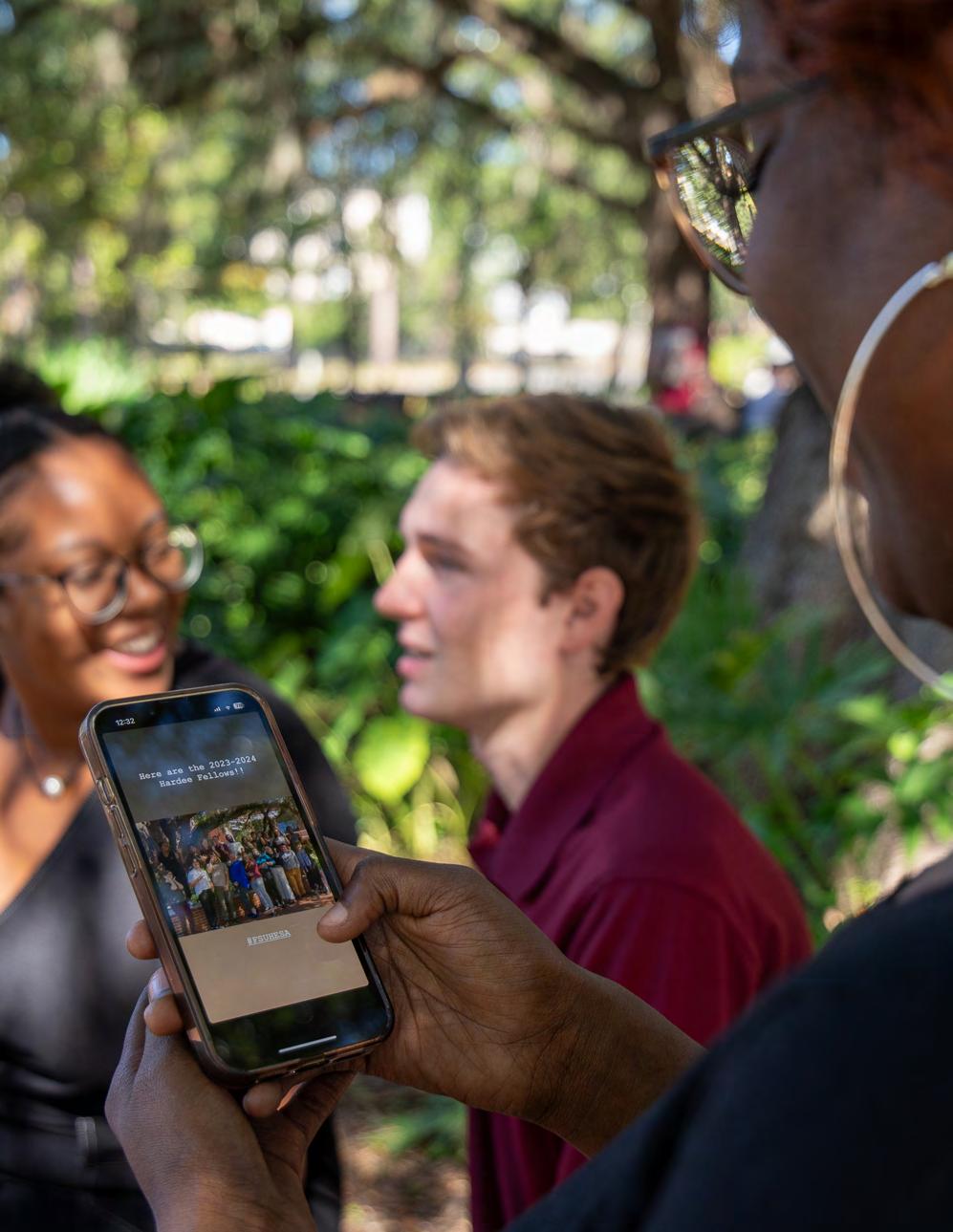
The Hardee Center for Leadership and Ethics in Higher Education welcomed their 2023-24 Hardee Fellows. The Hardee Center supports graduate student development through seminars, grants, and mentorship, fostering future leaders committed to ethics and social justice in higher education. It promotes research, hosts national meetings, develops assistantships, builds networks, and offers consultation aligned with its mission.
Engage with us on social media to hear about the latest news and events from CEHHS.
@fsucehhs
If you have news, announcements, or achievements, share them with the College. cehhs.fsu.edu/submit-news
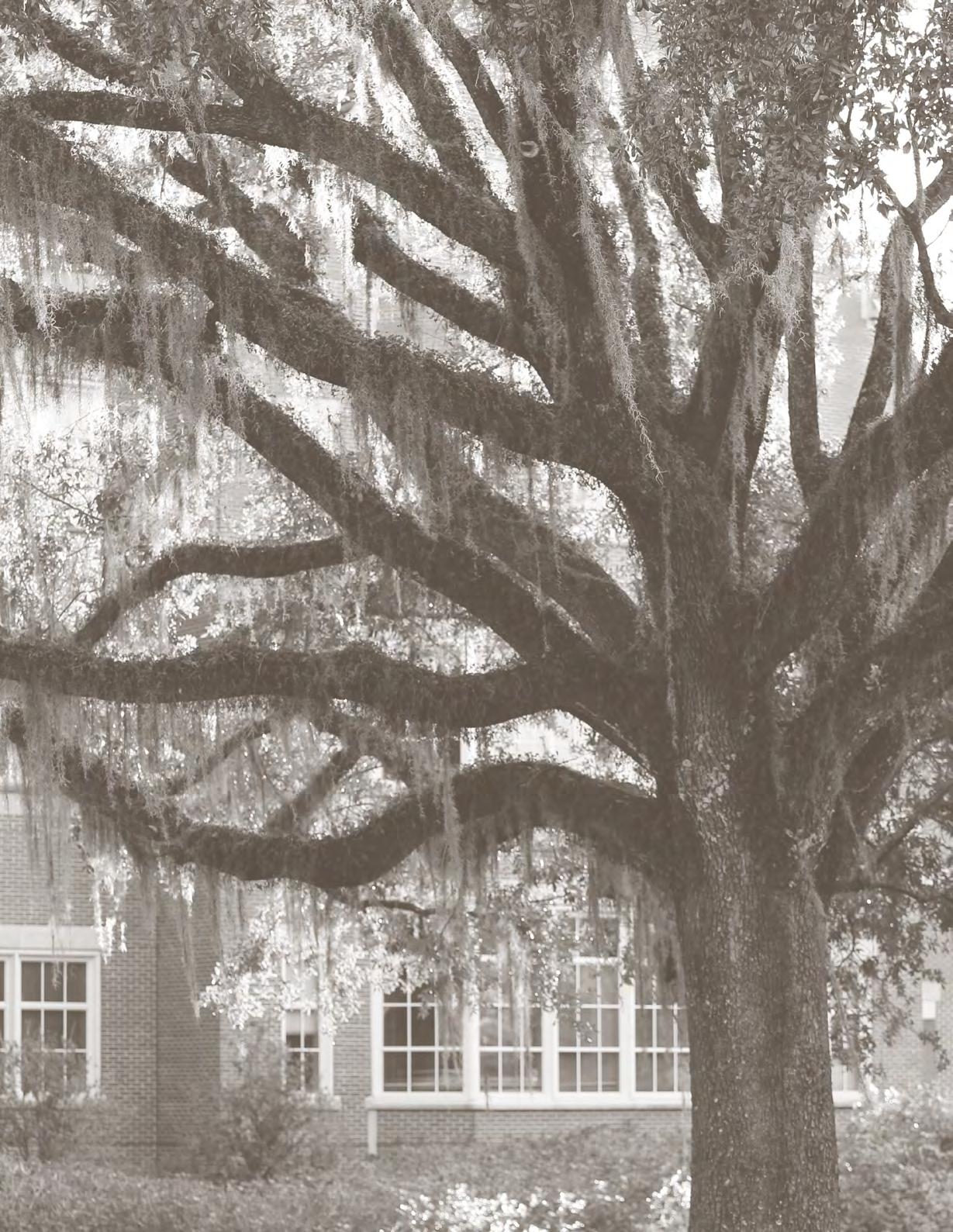
Support the College of Education, Health, and Human Sciences by donating online.
bit.ly/give-FSUCEHHS
Sign up to receive monthly email newsletters, featuring student, alumni, and faculty news. cehhs.fsu.edu/subscribe